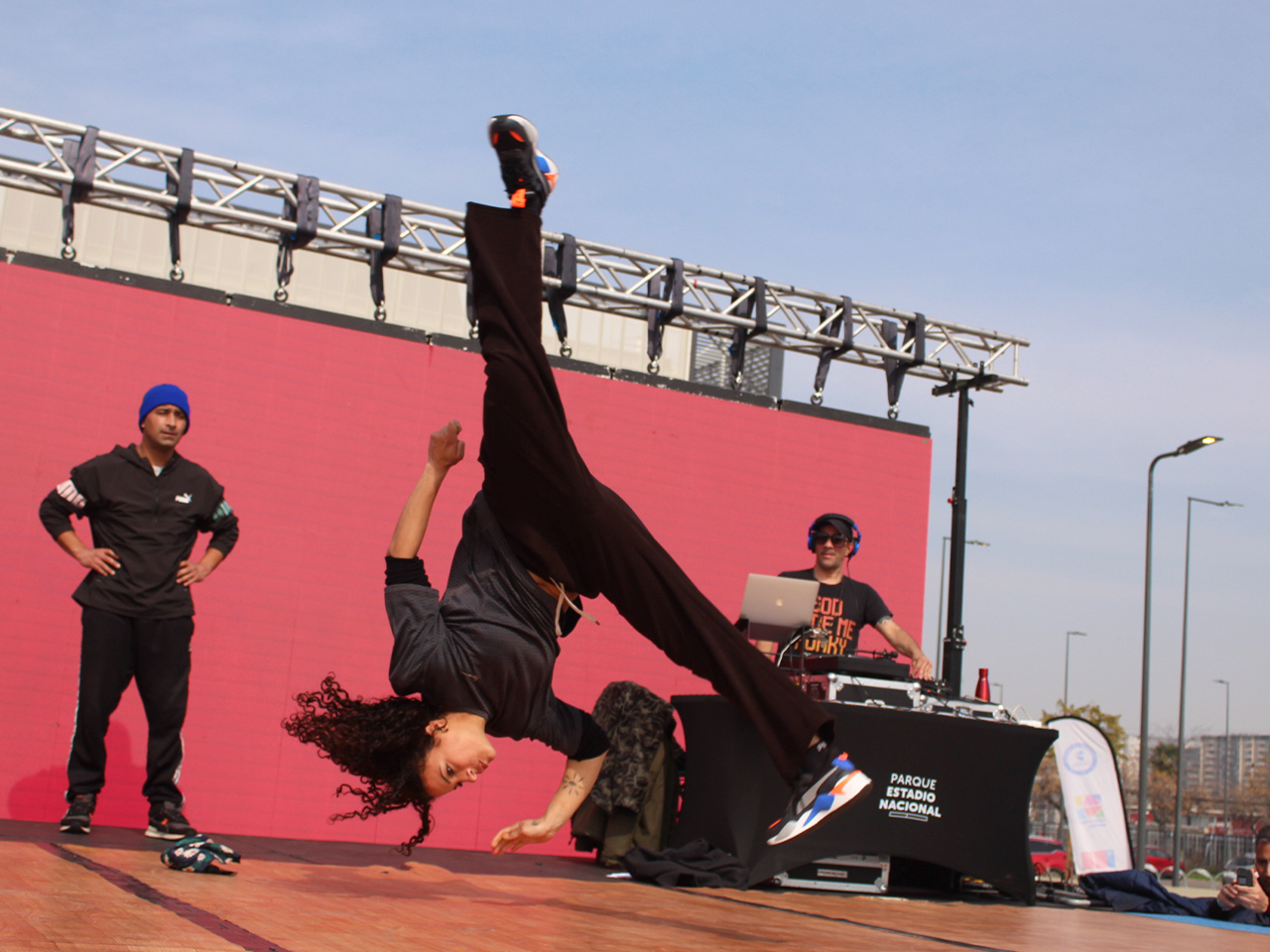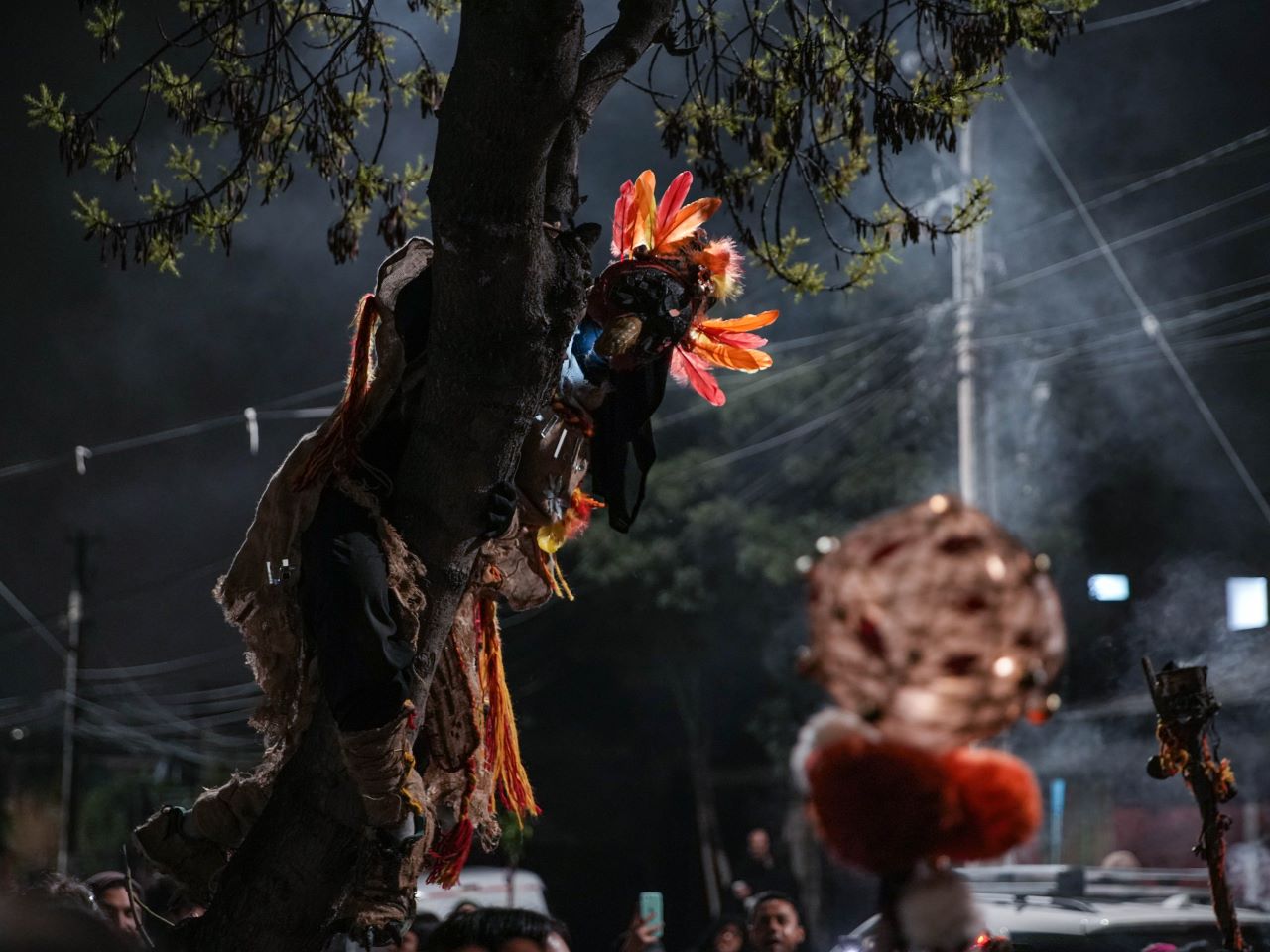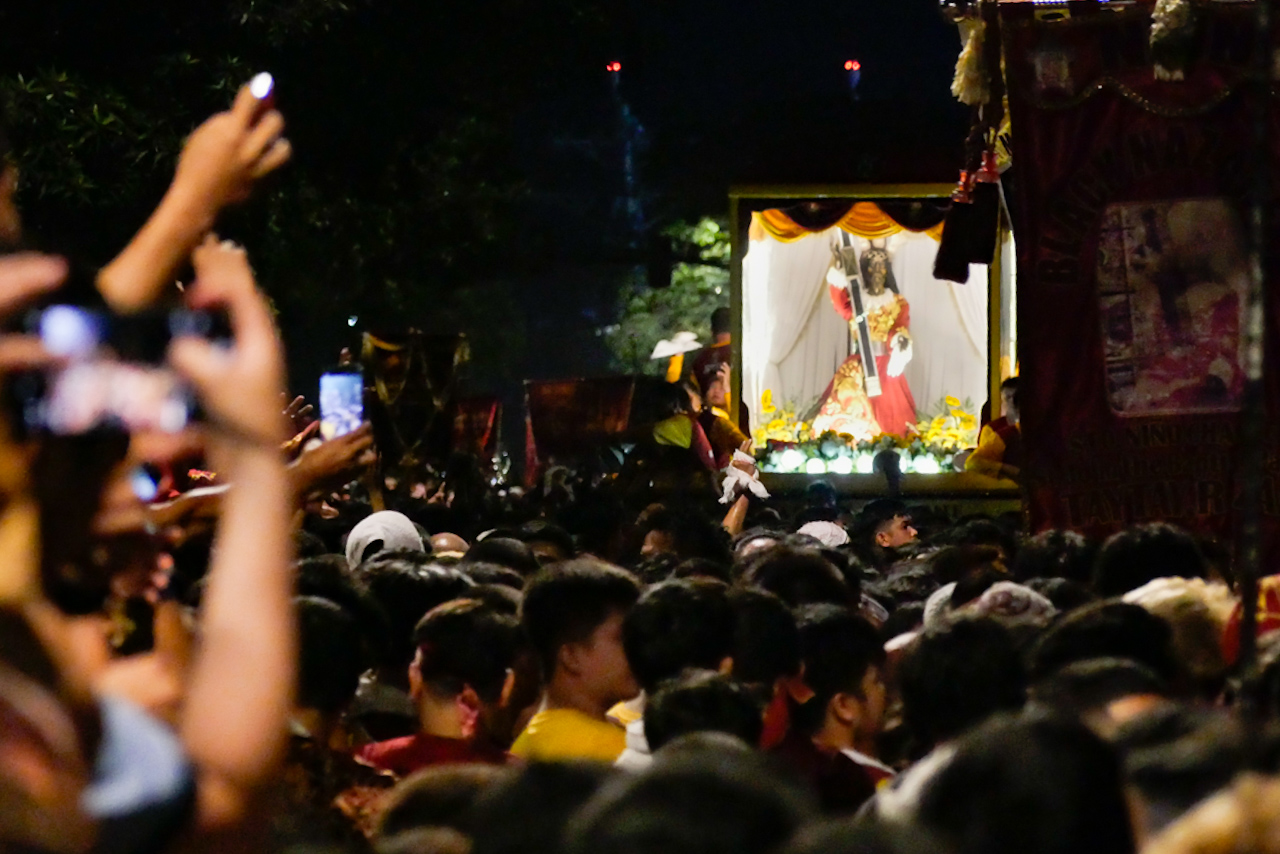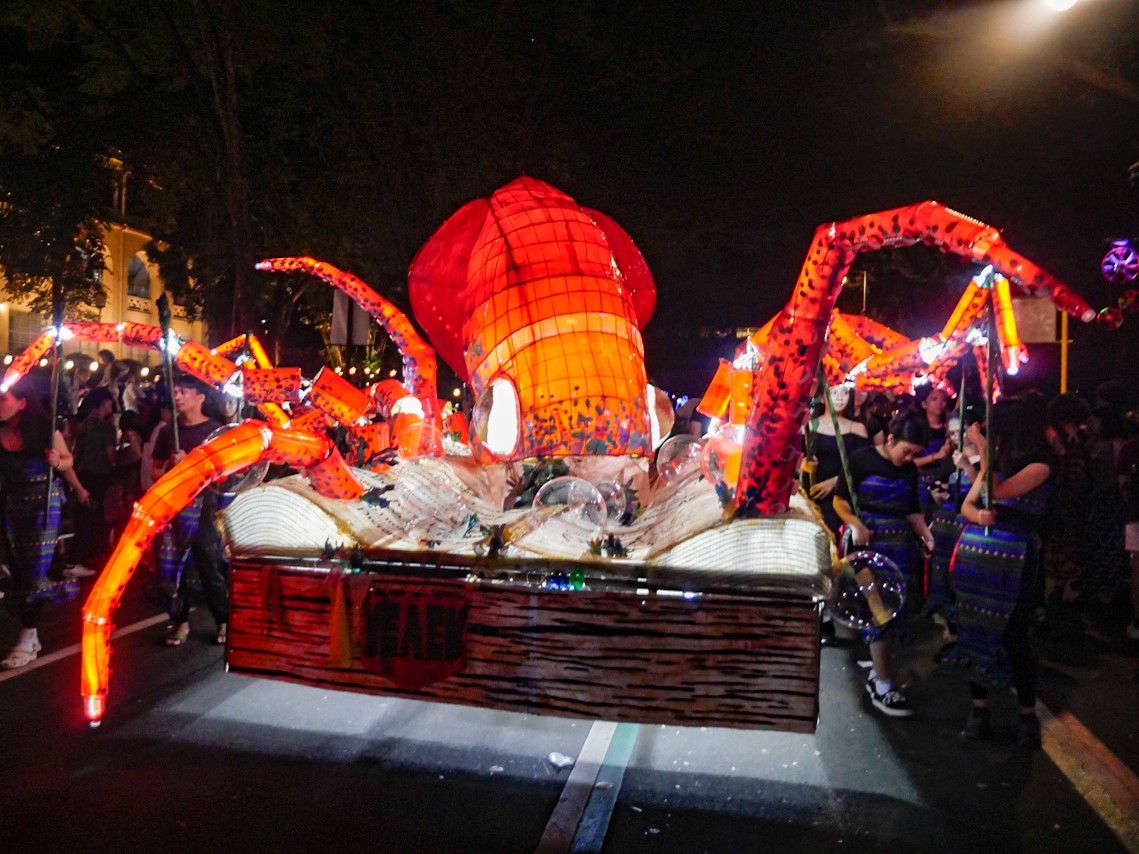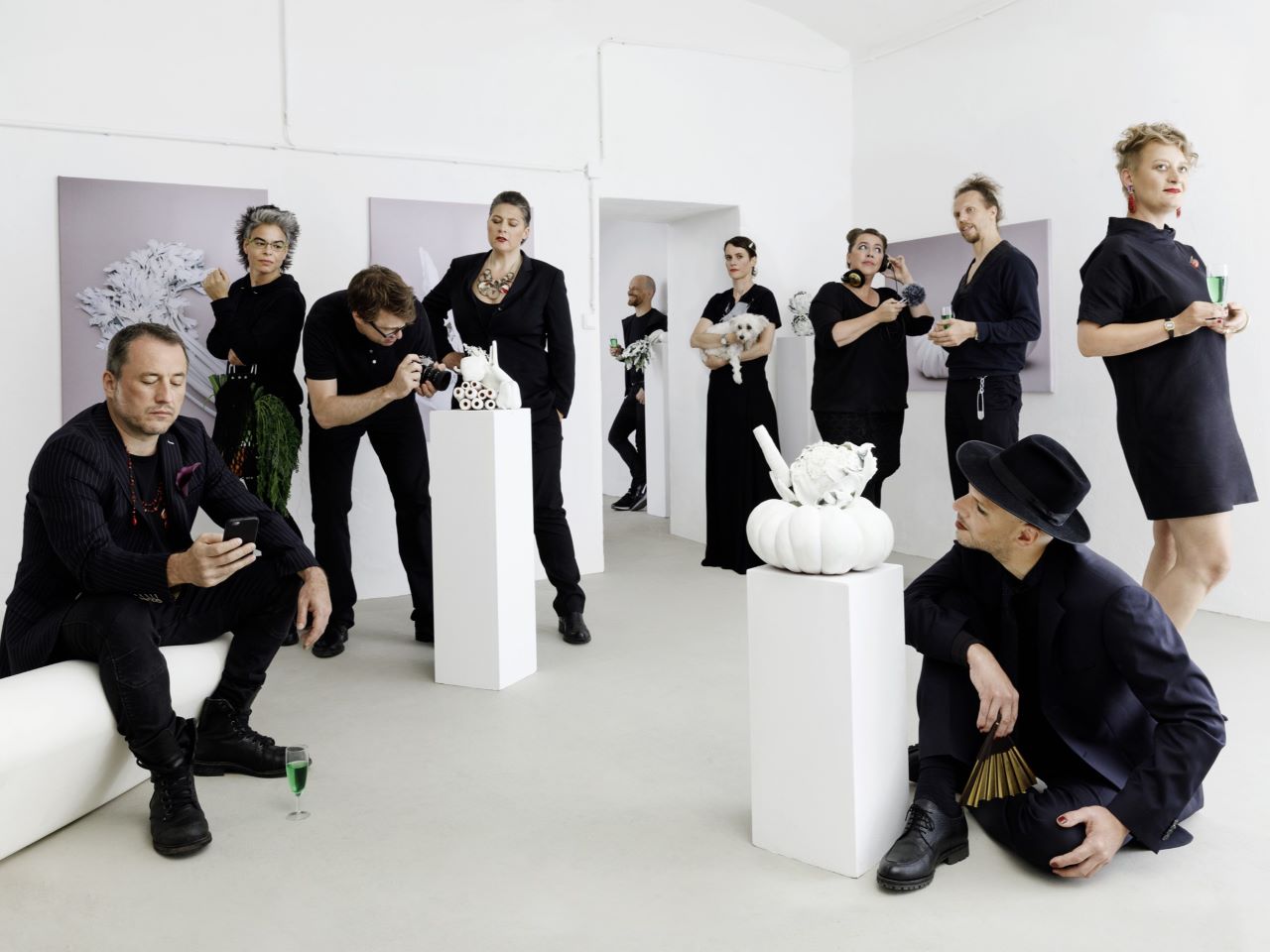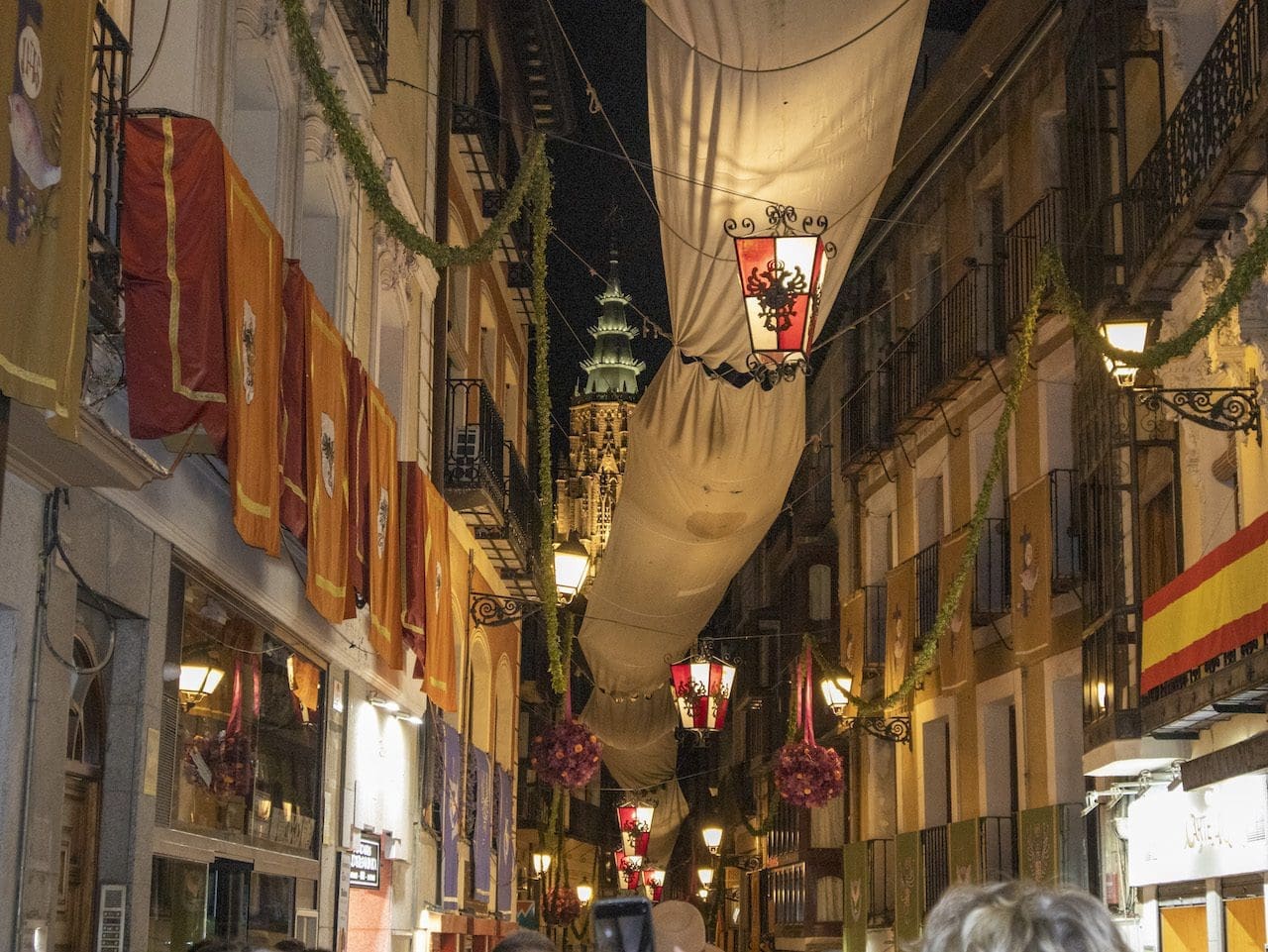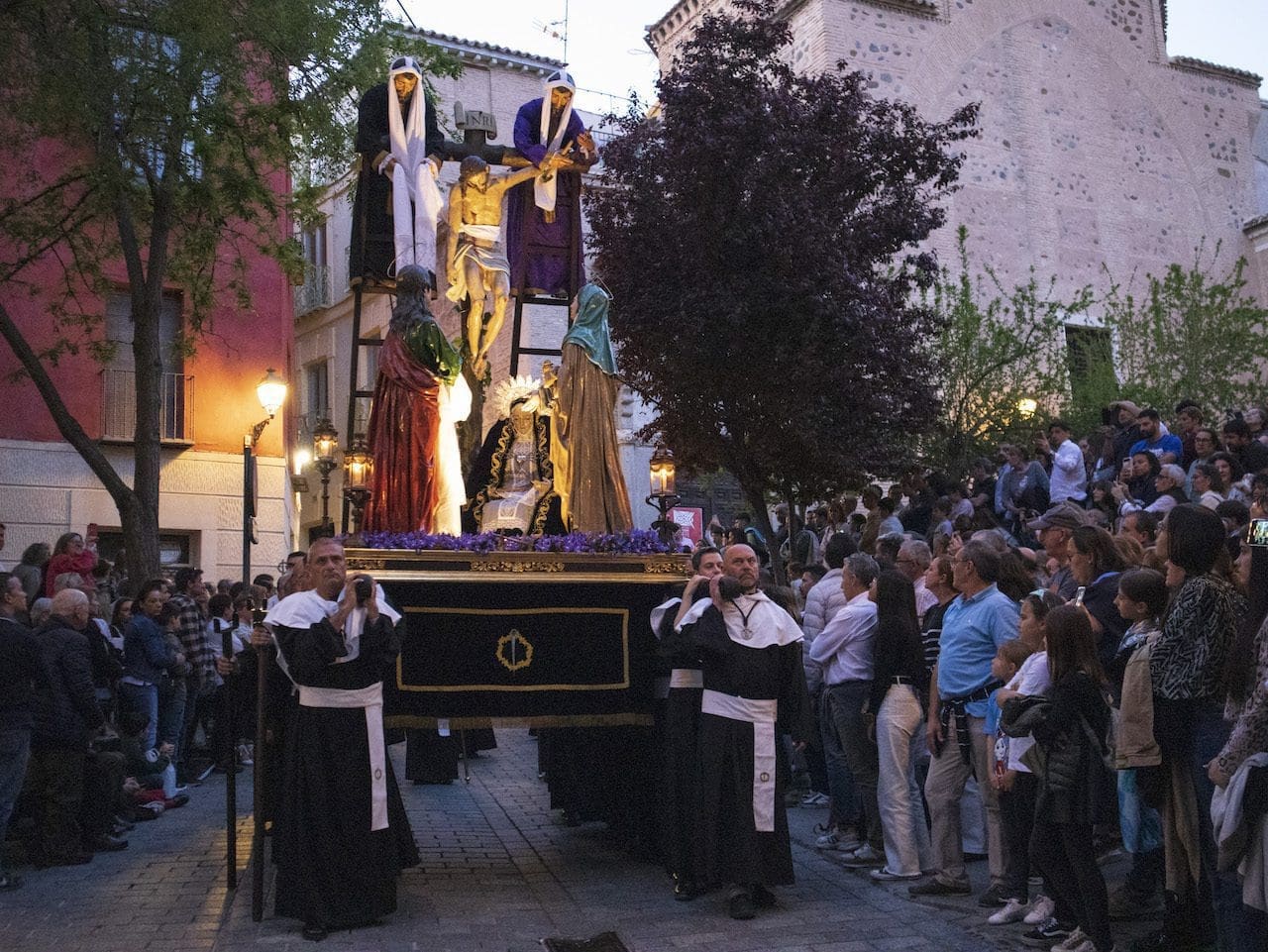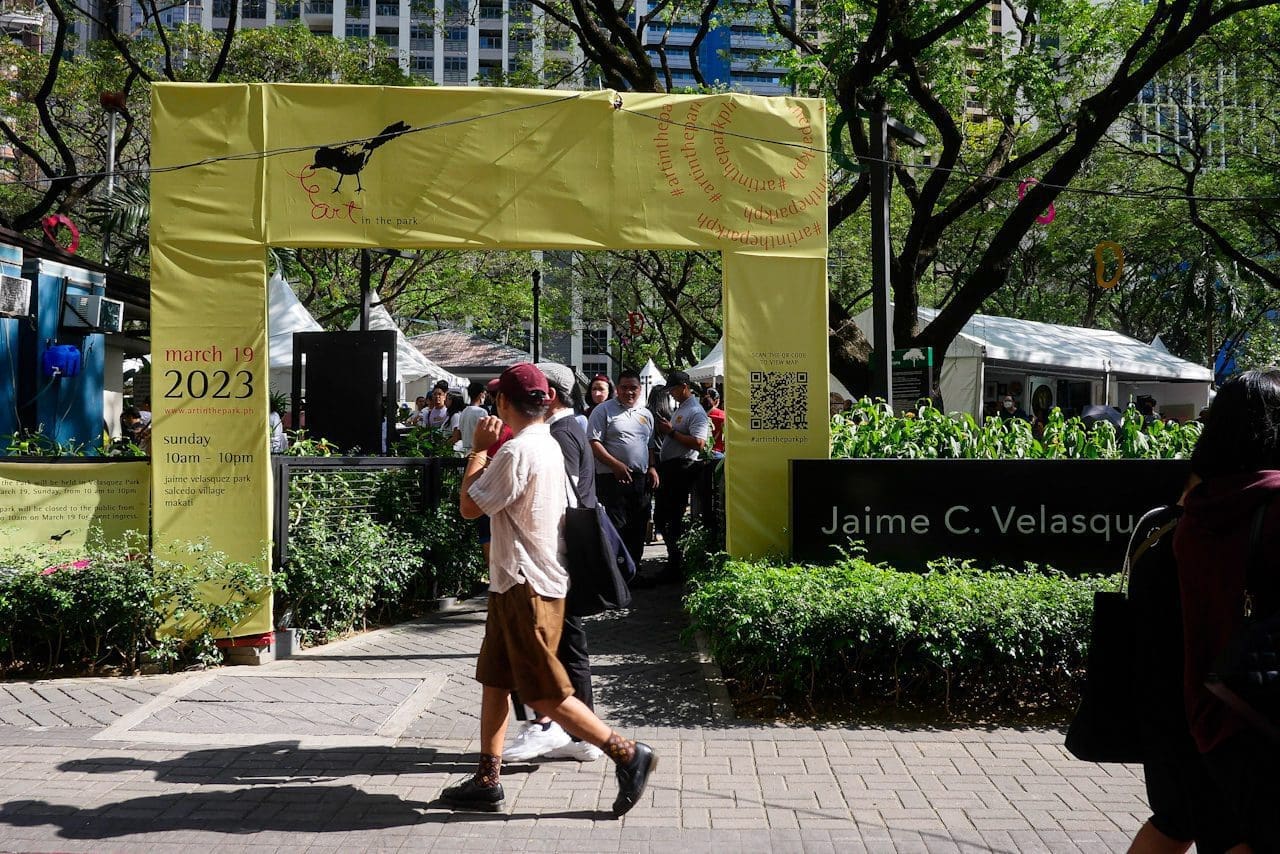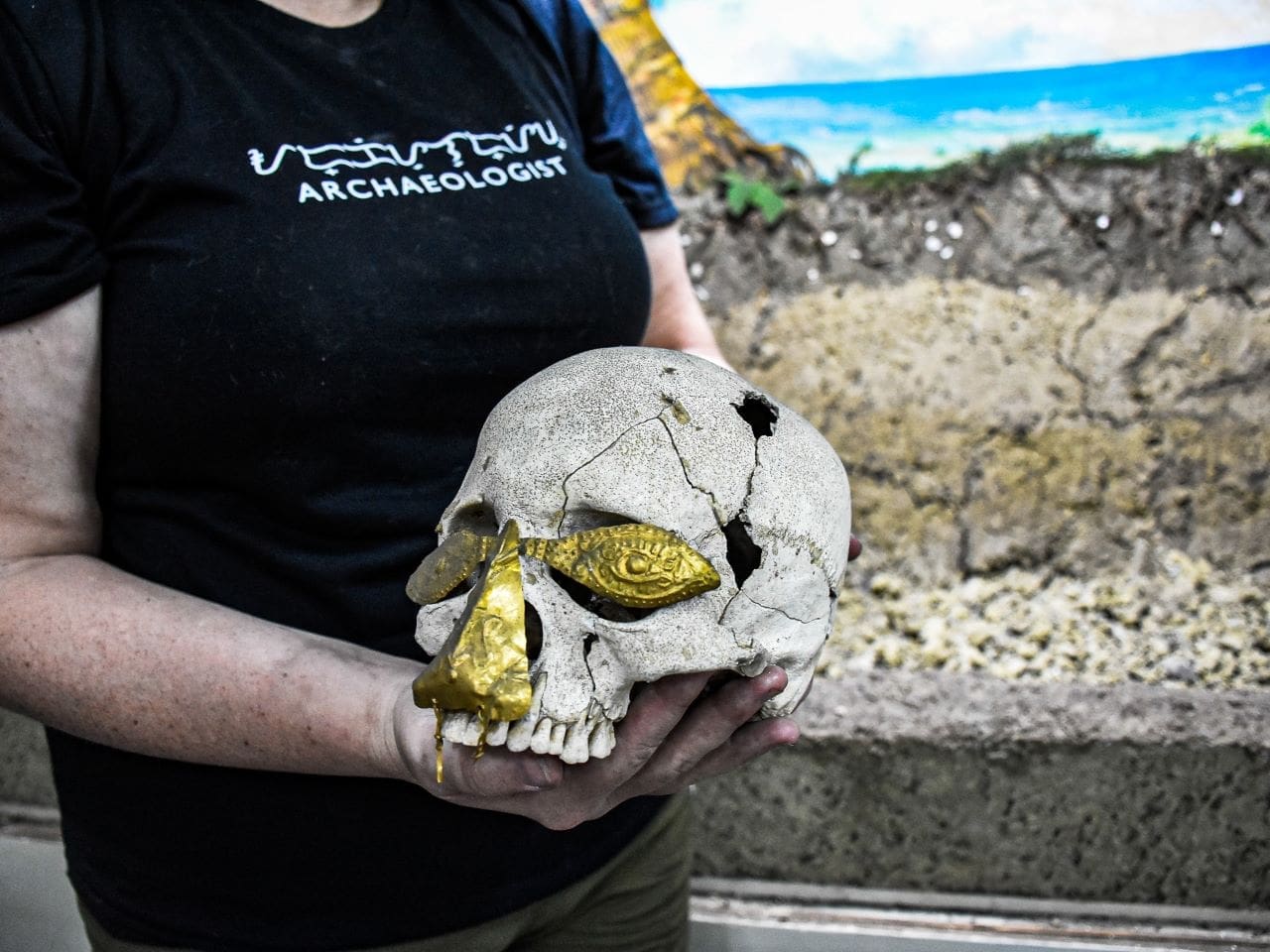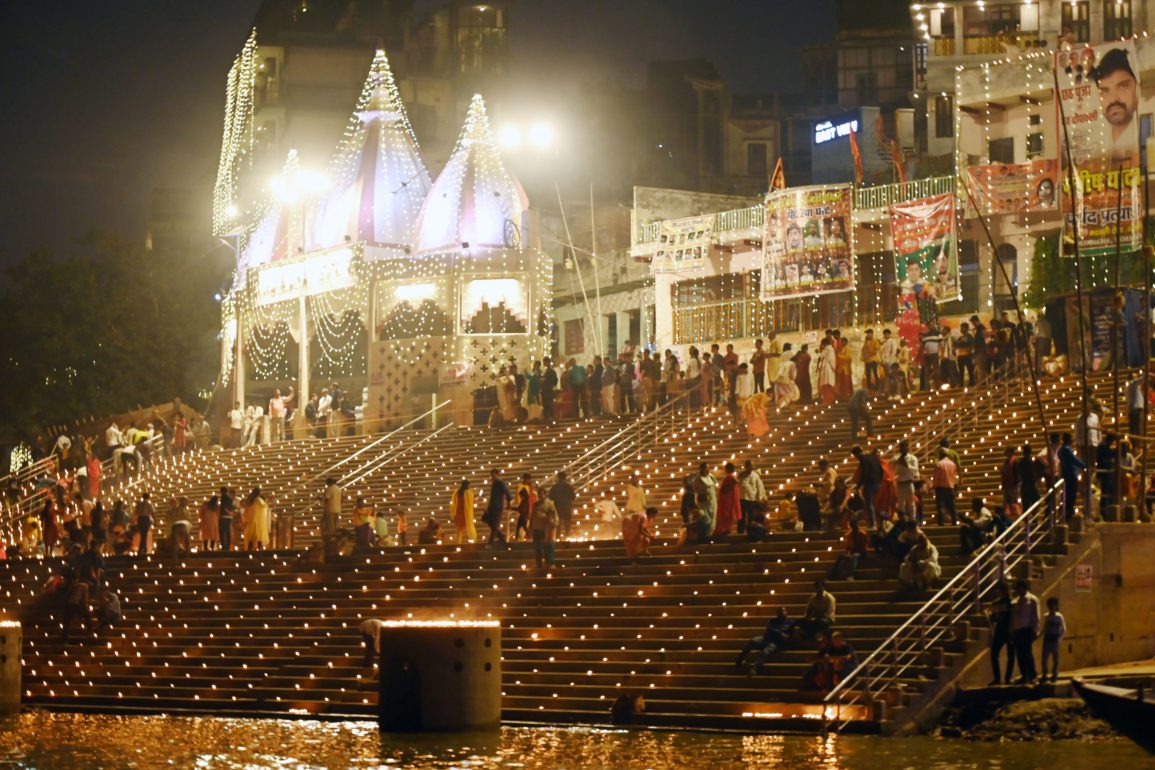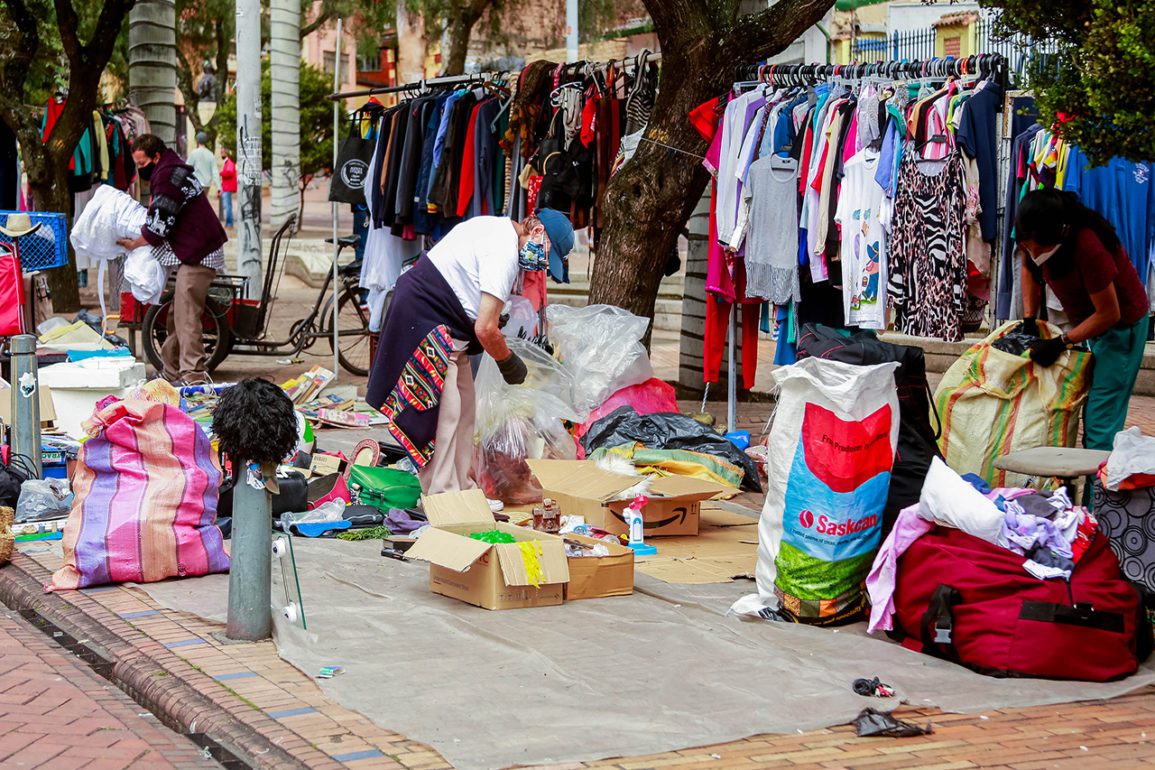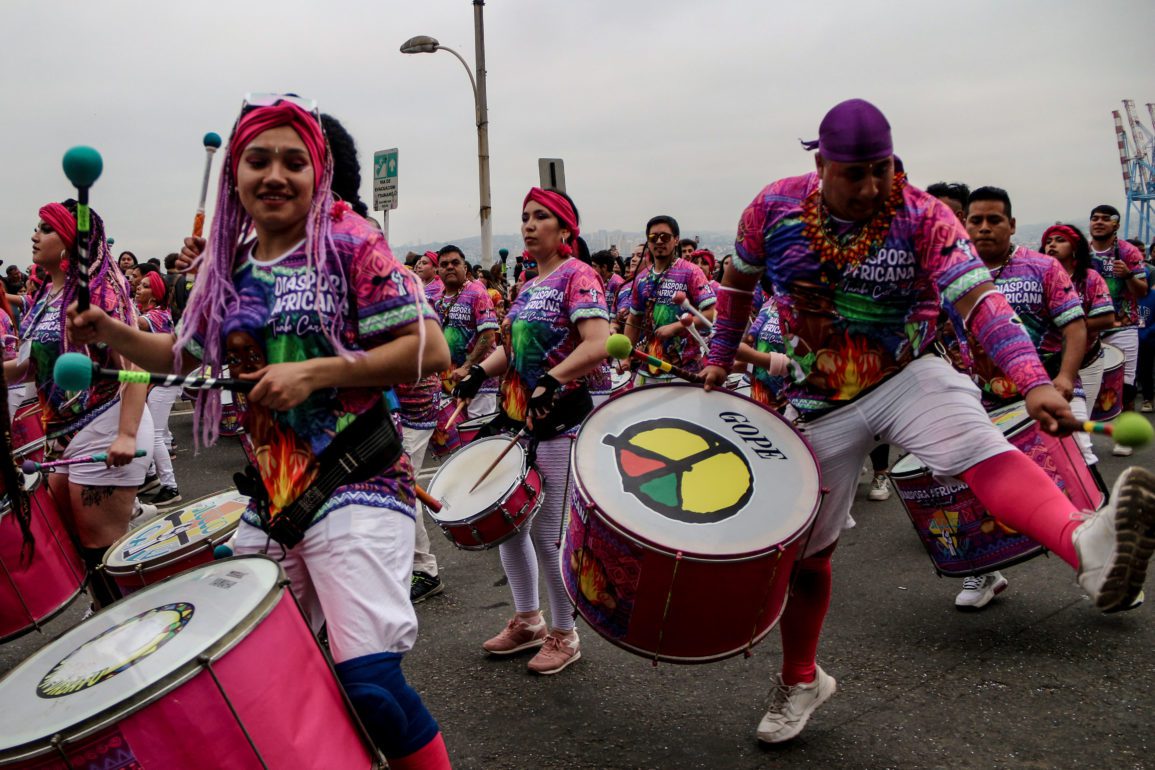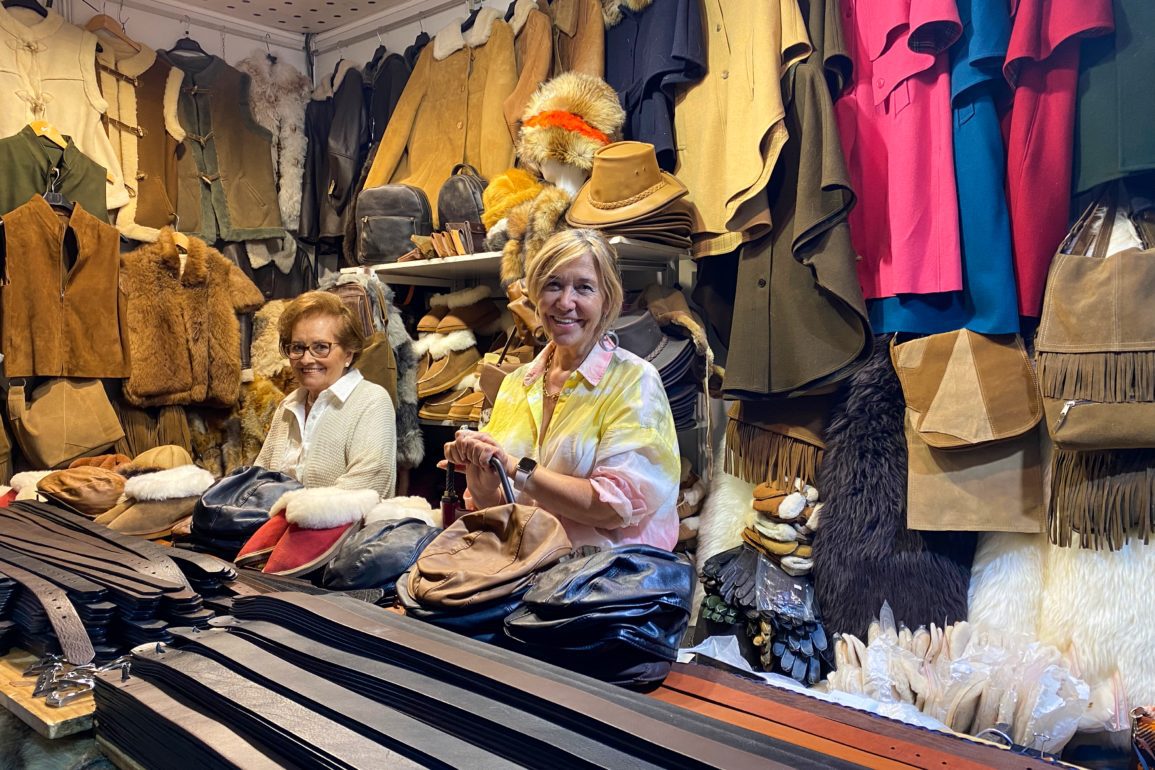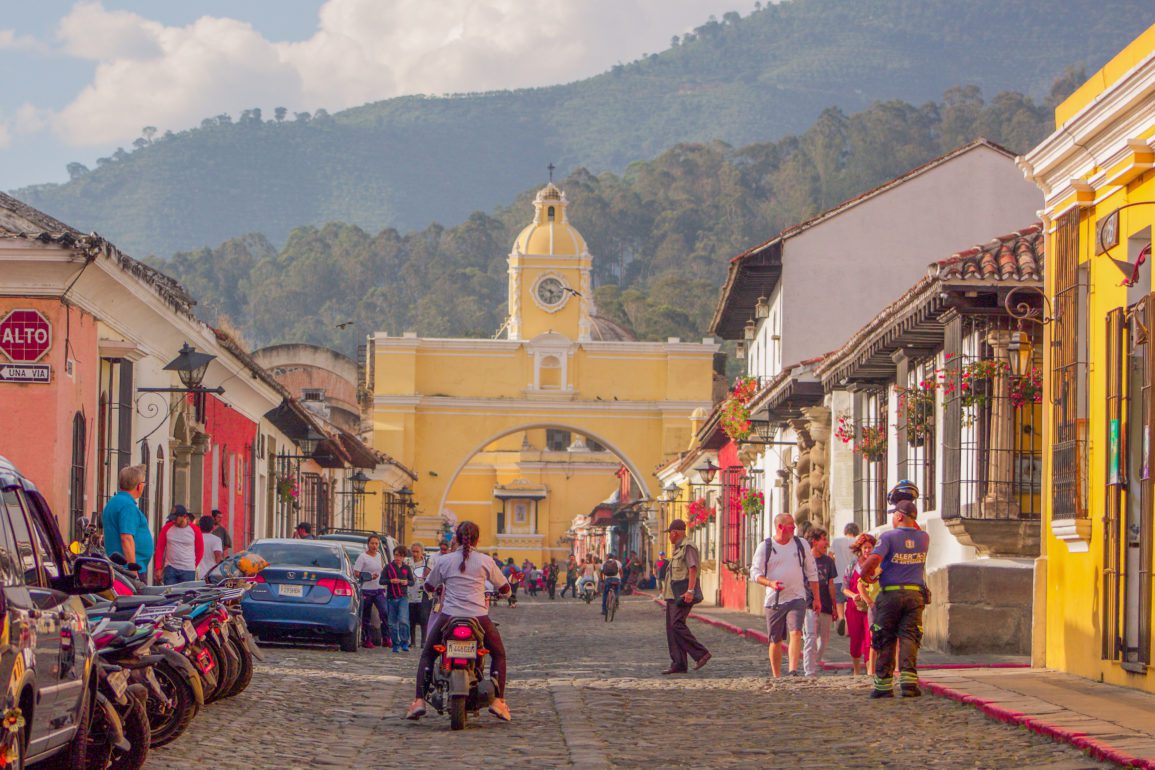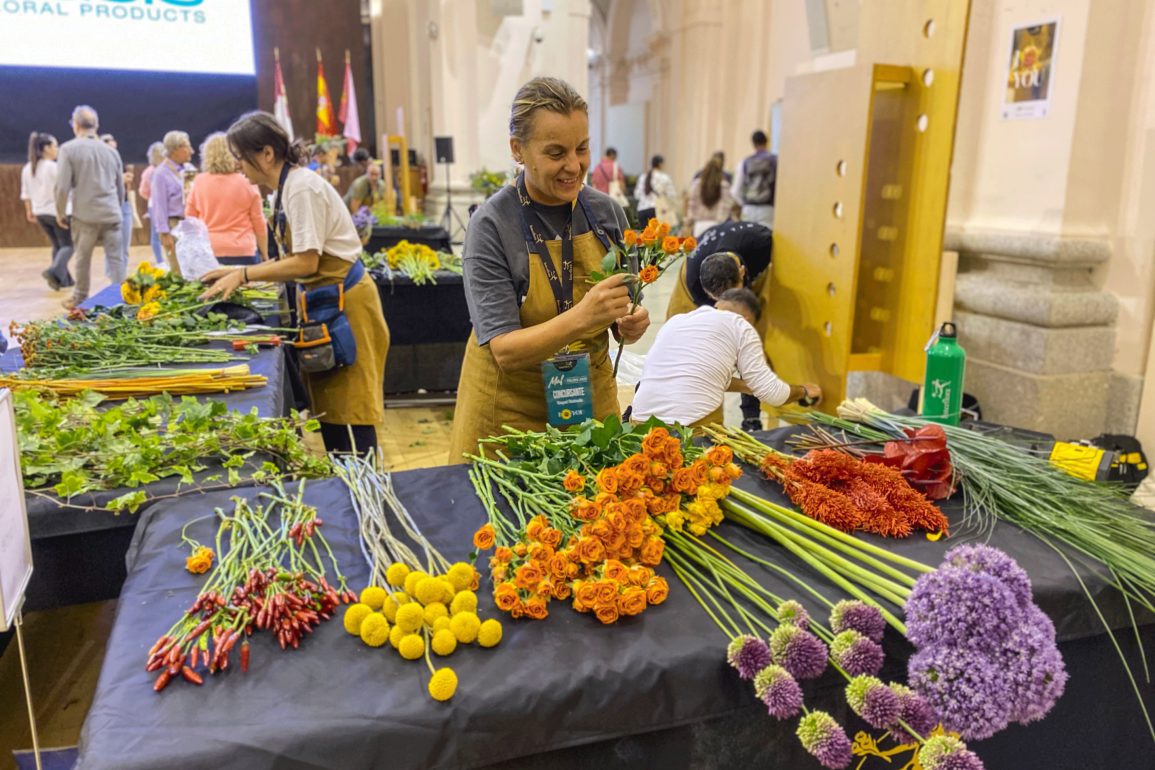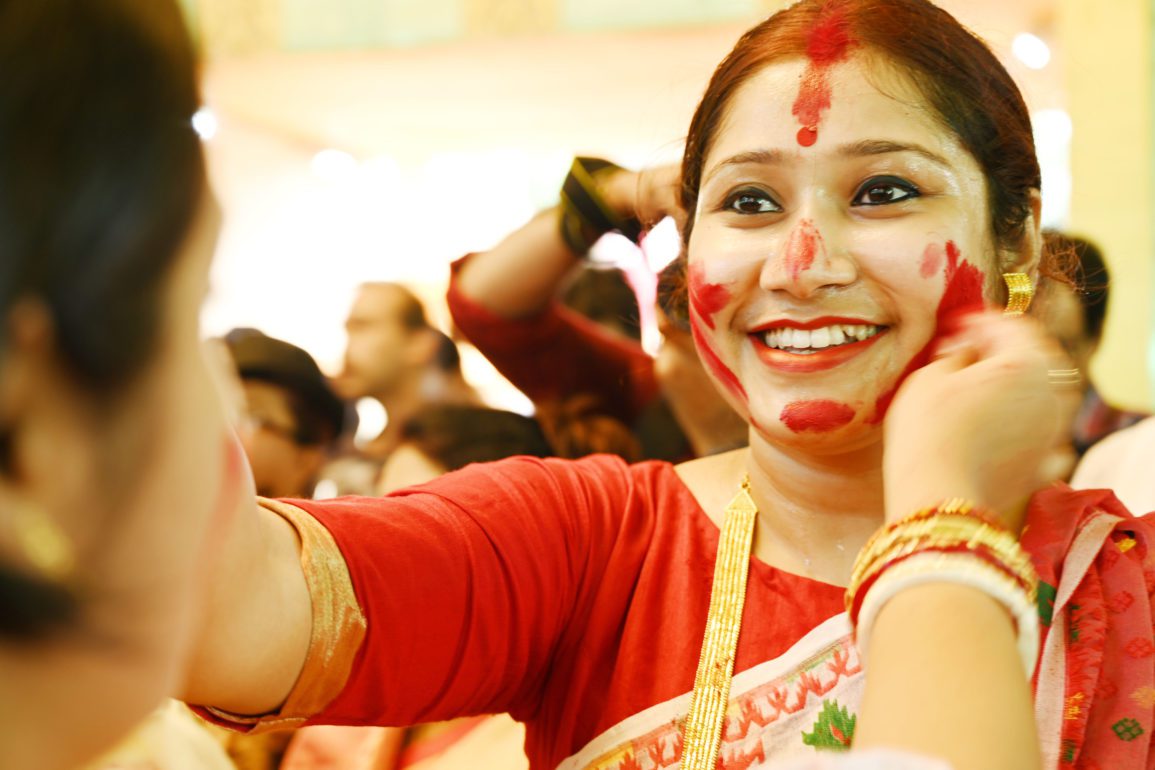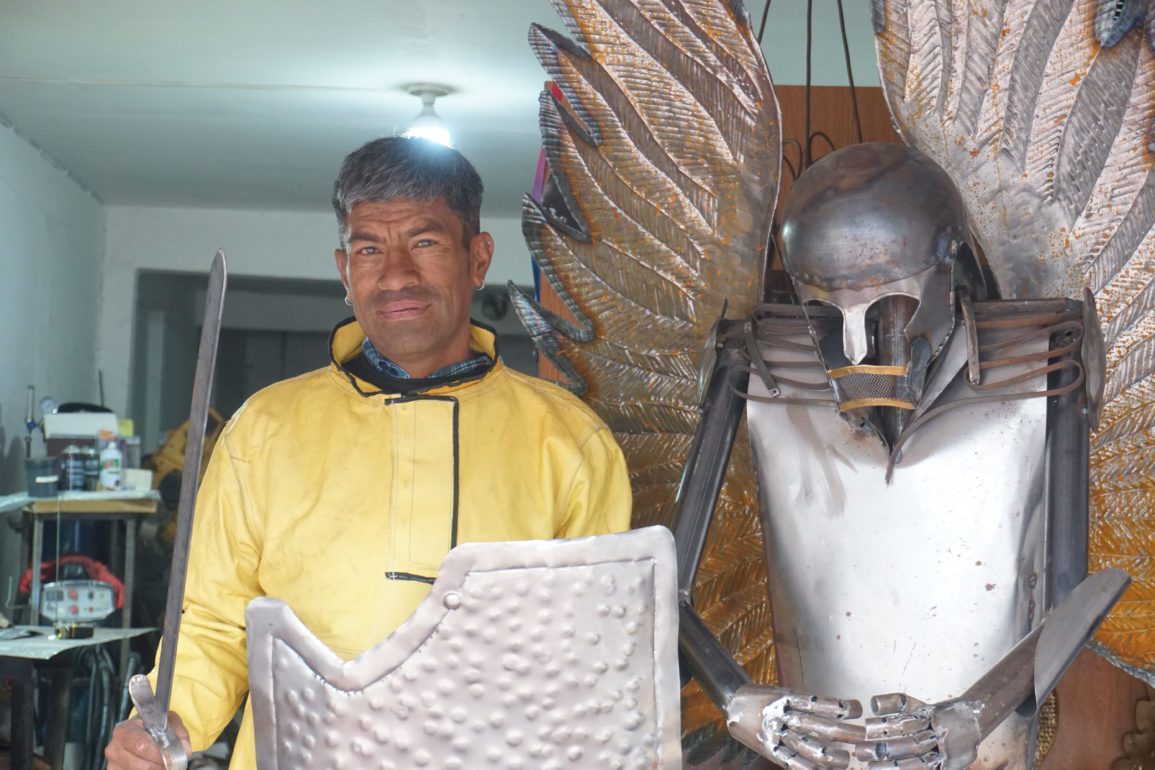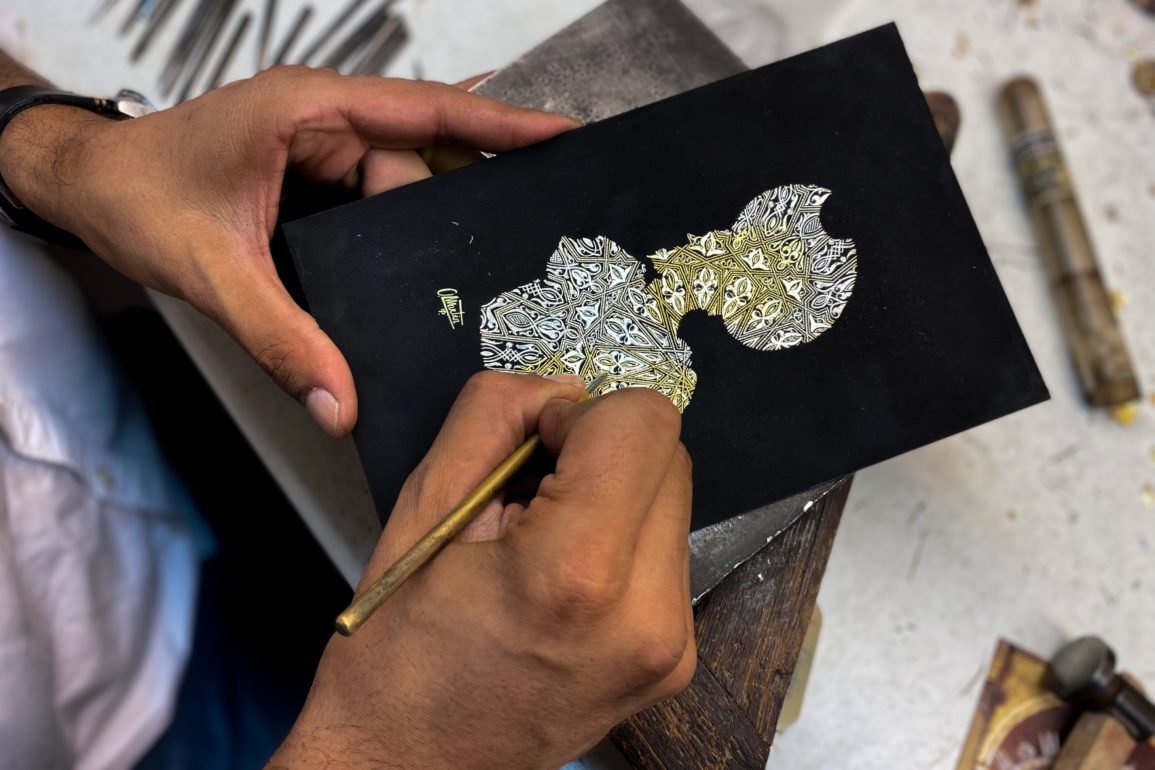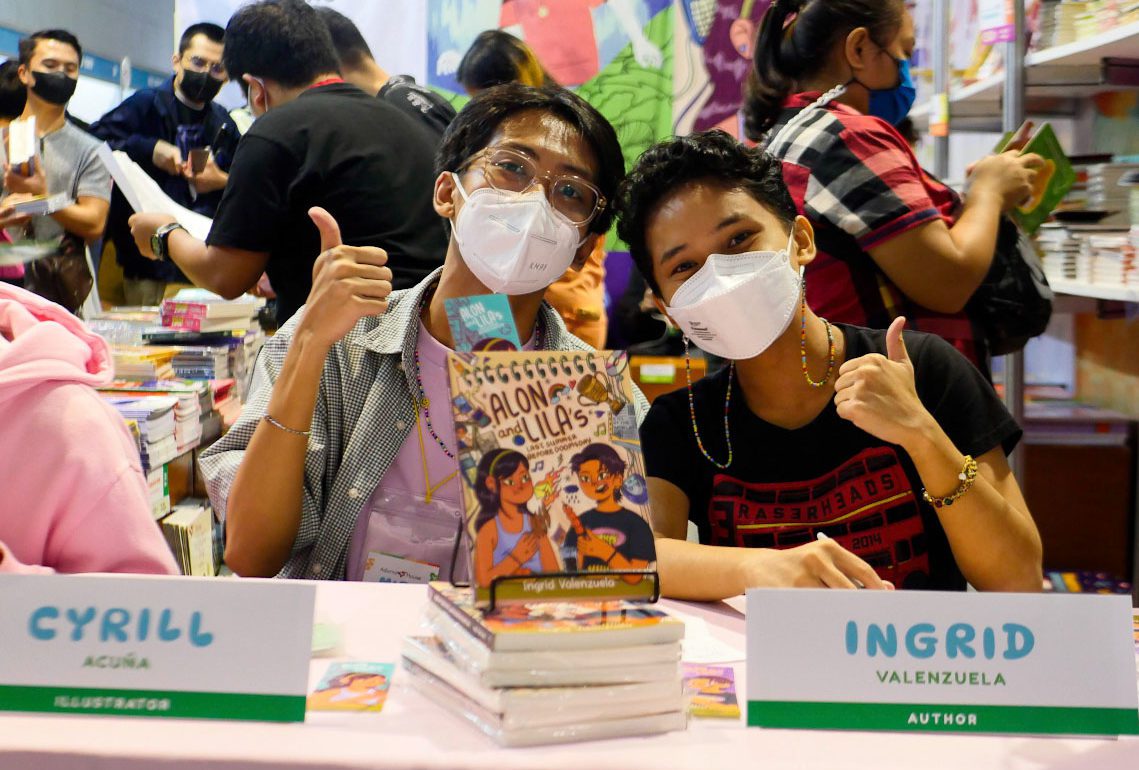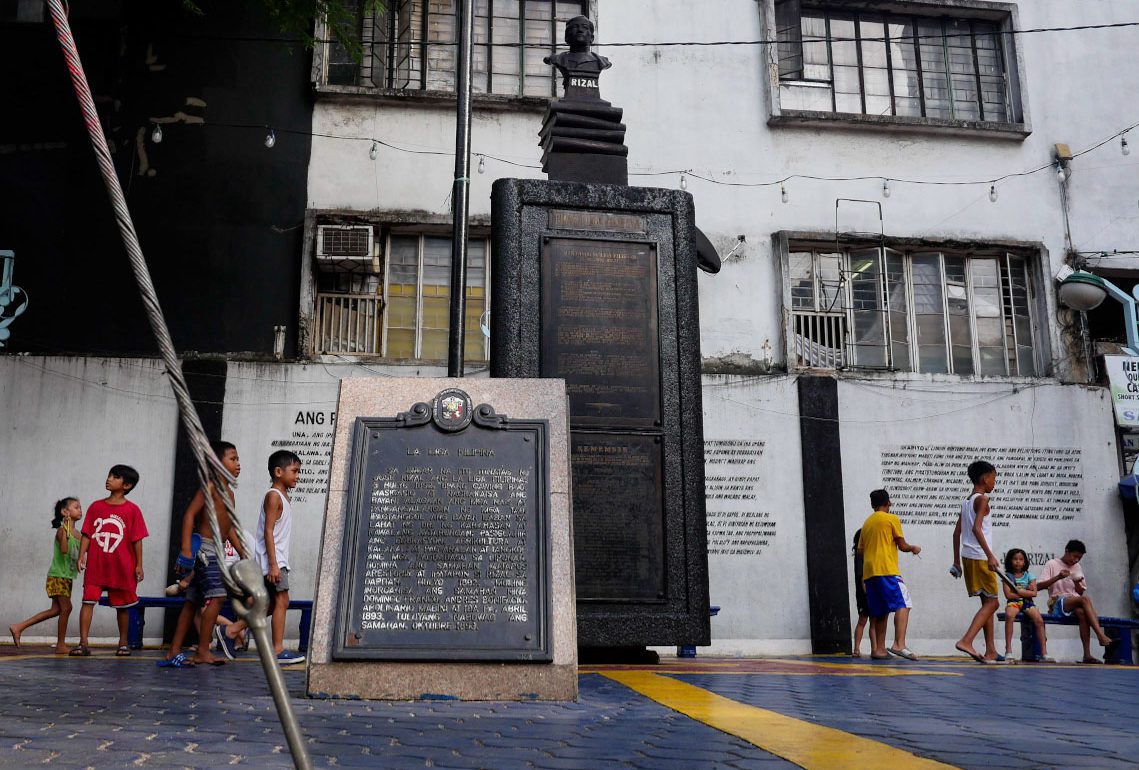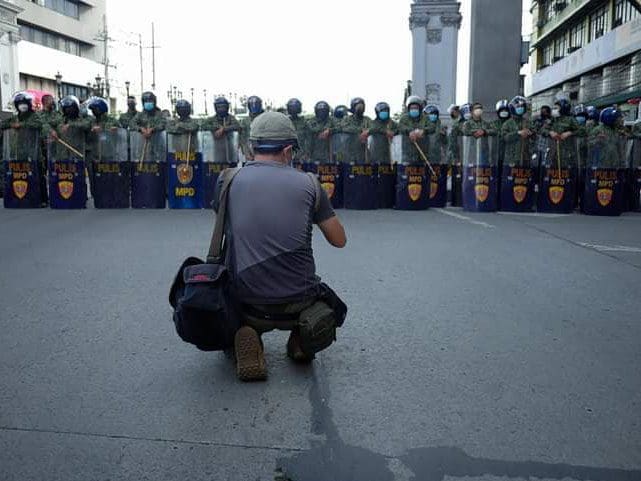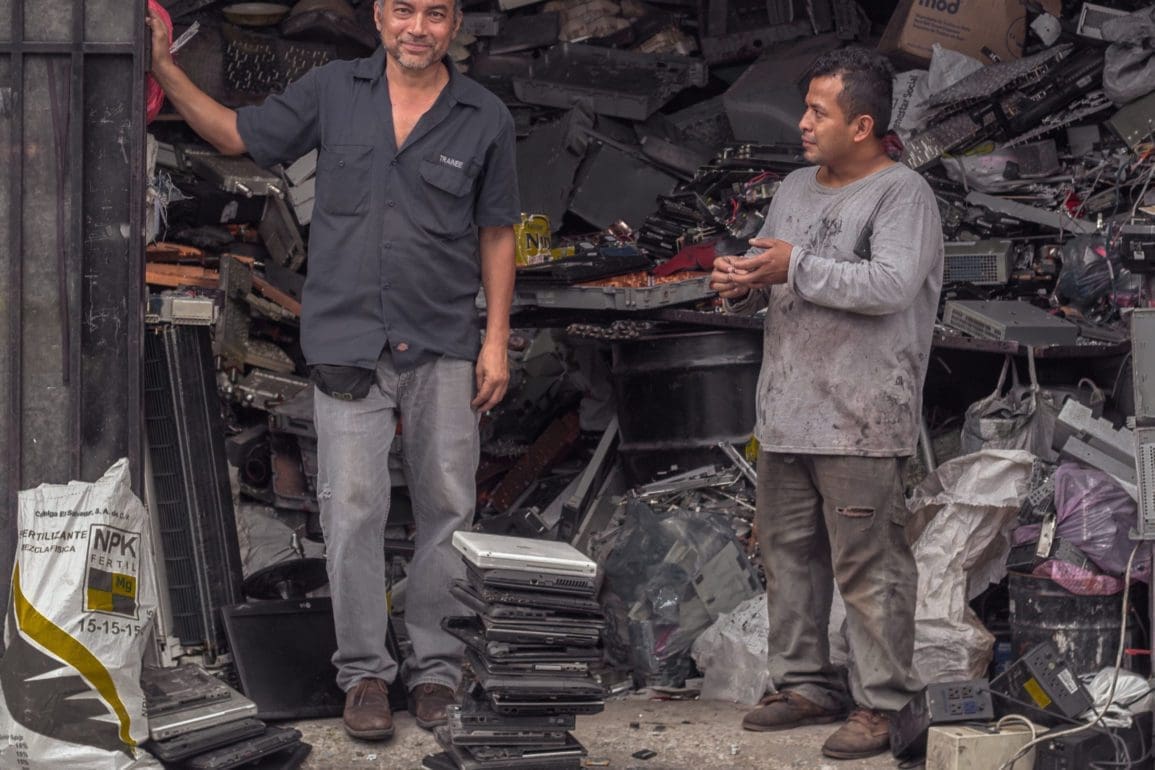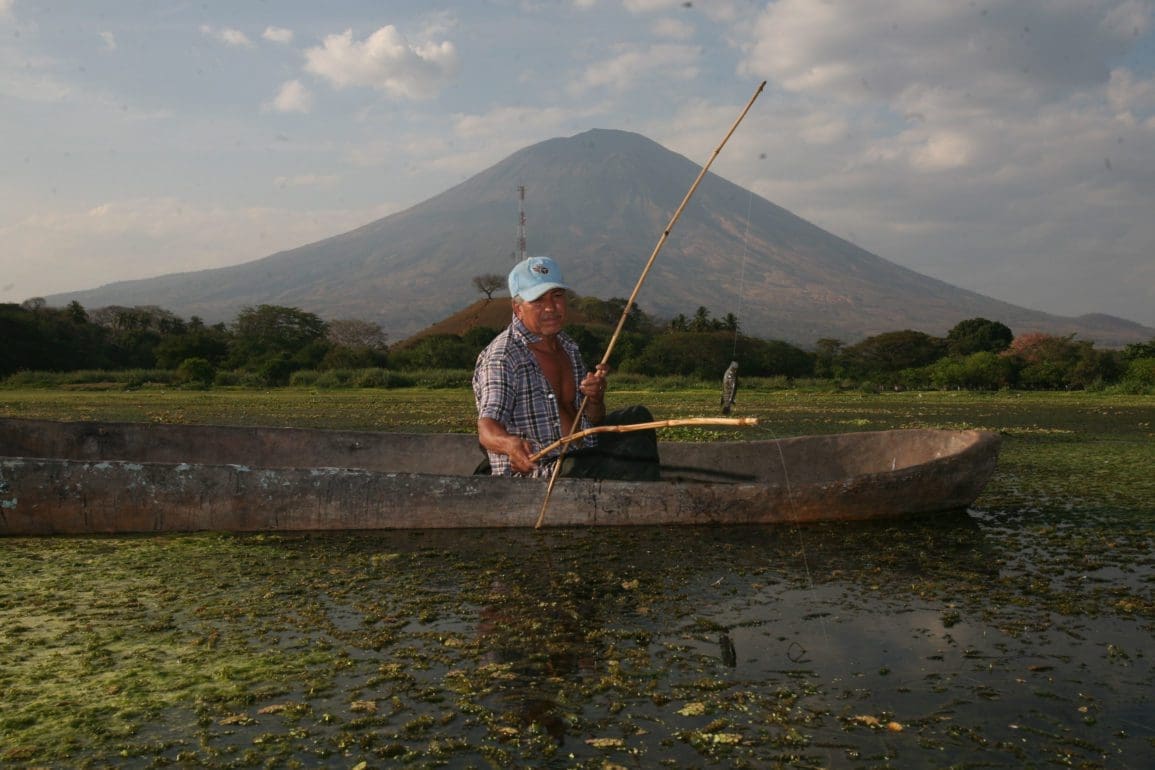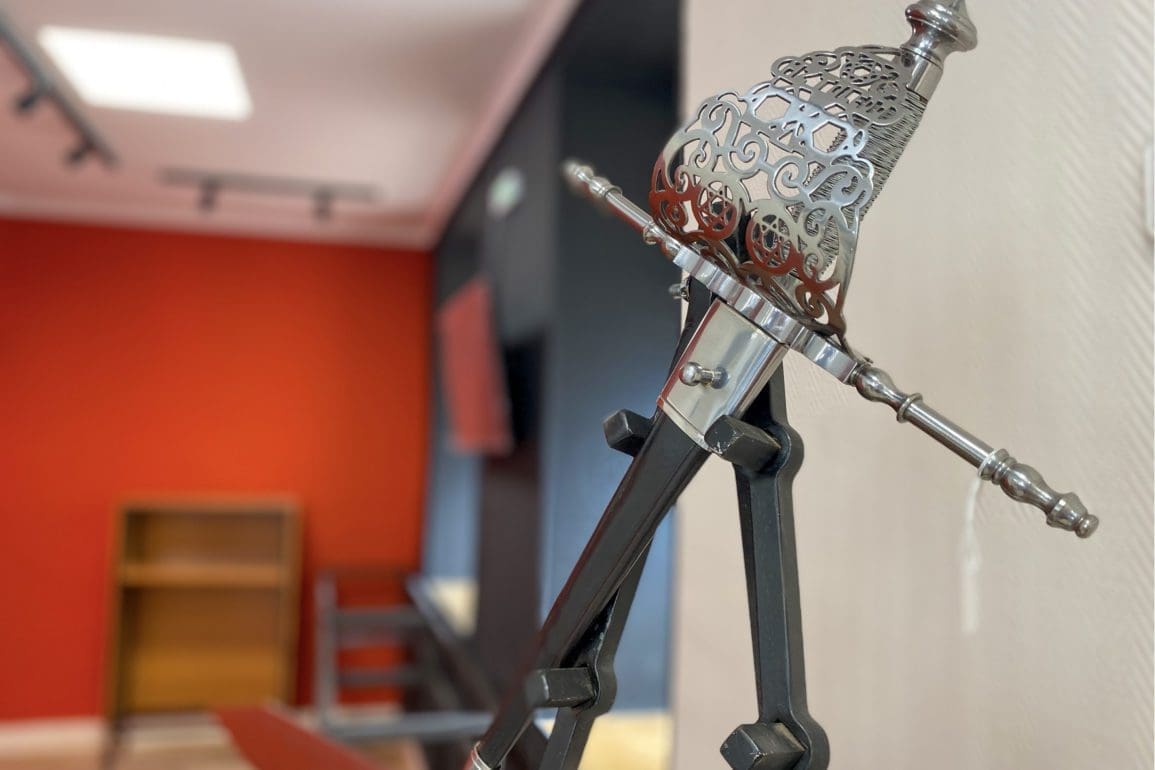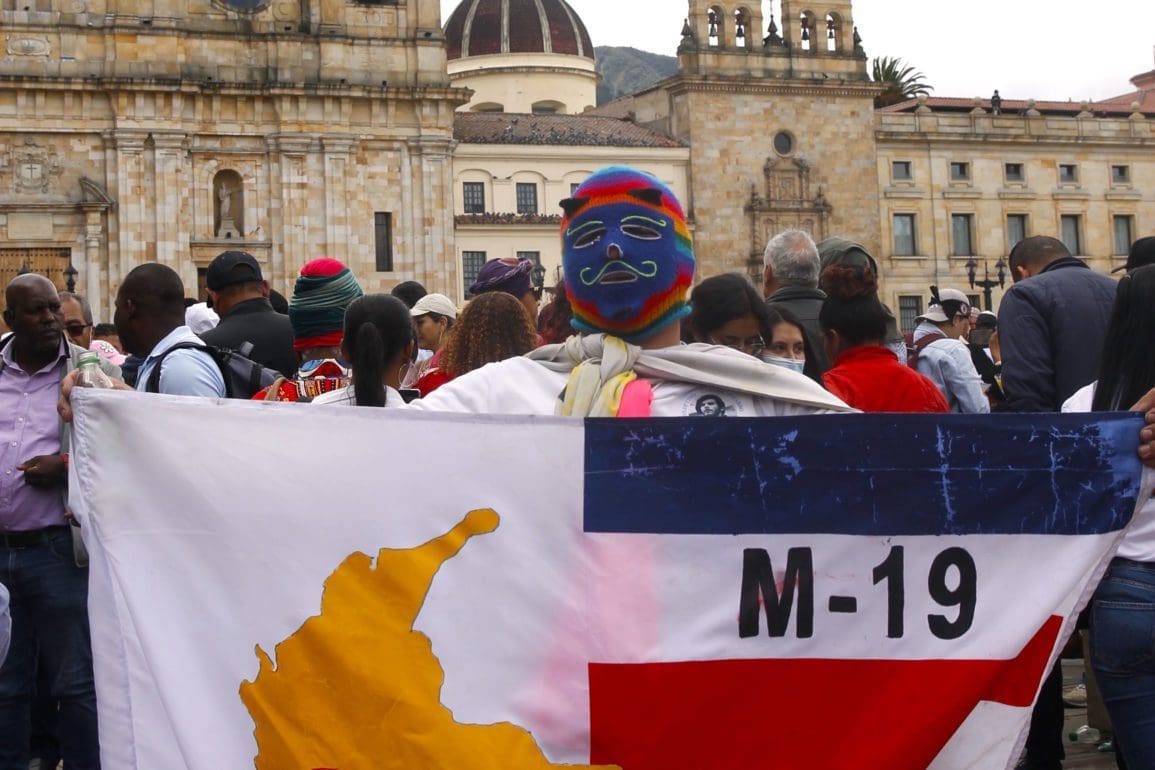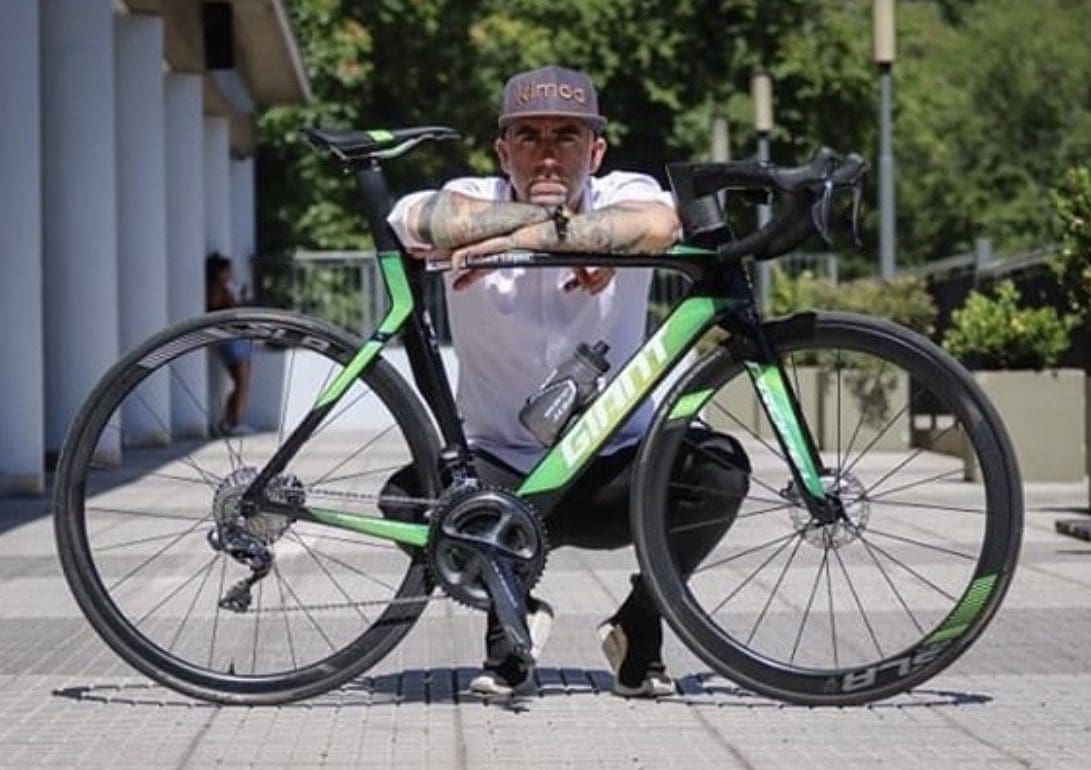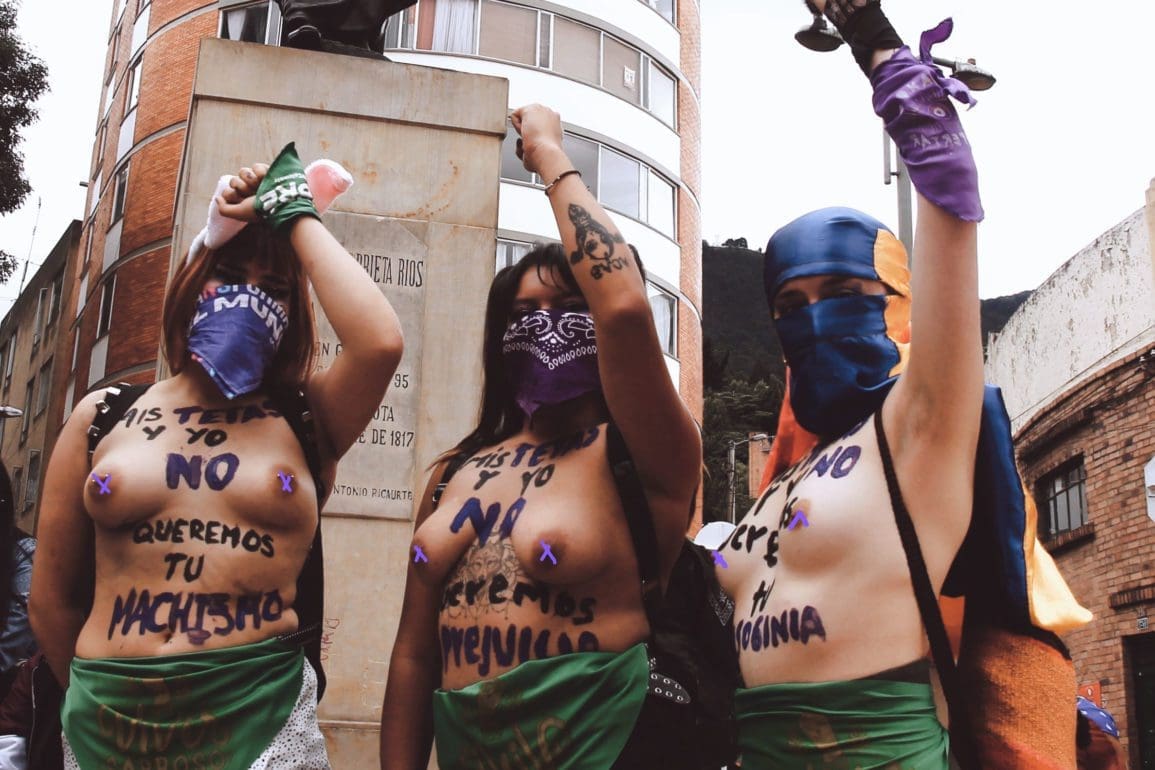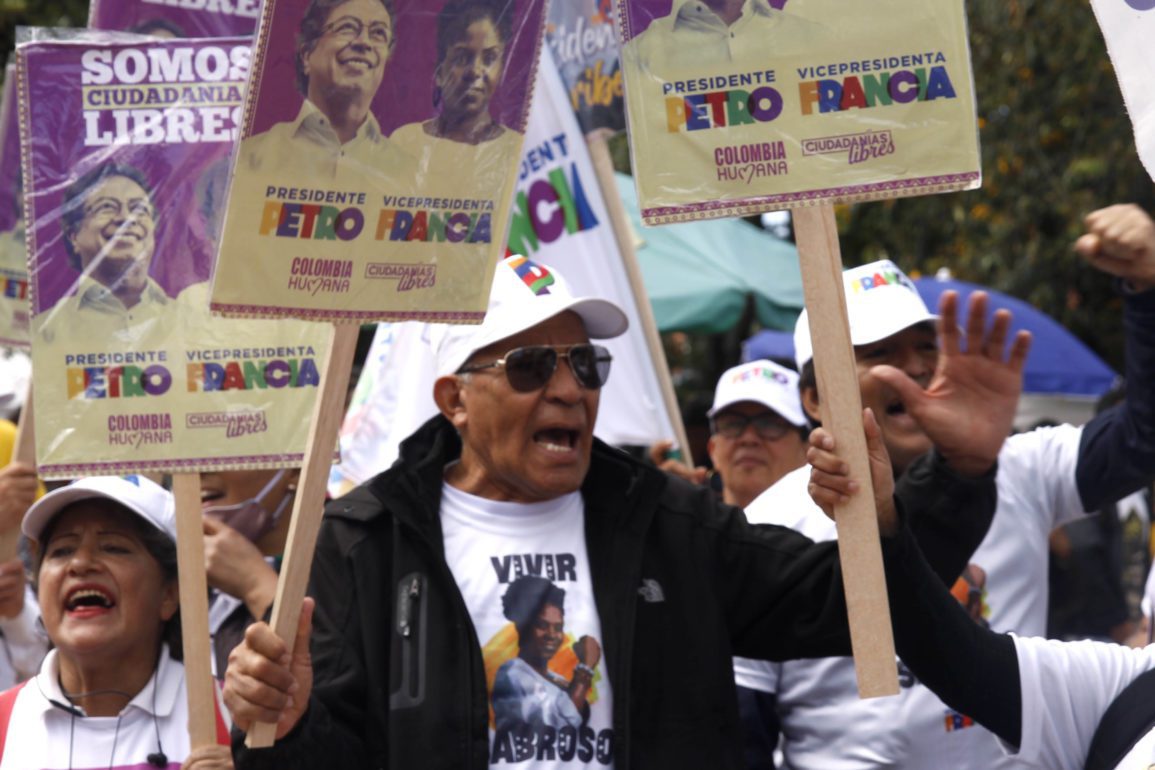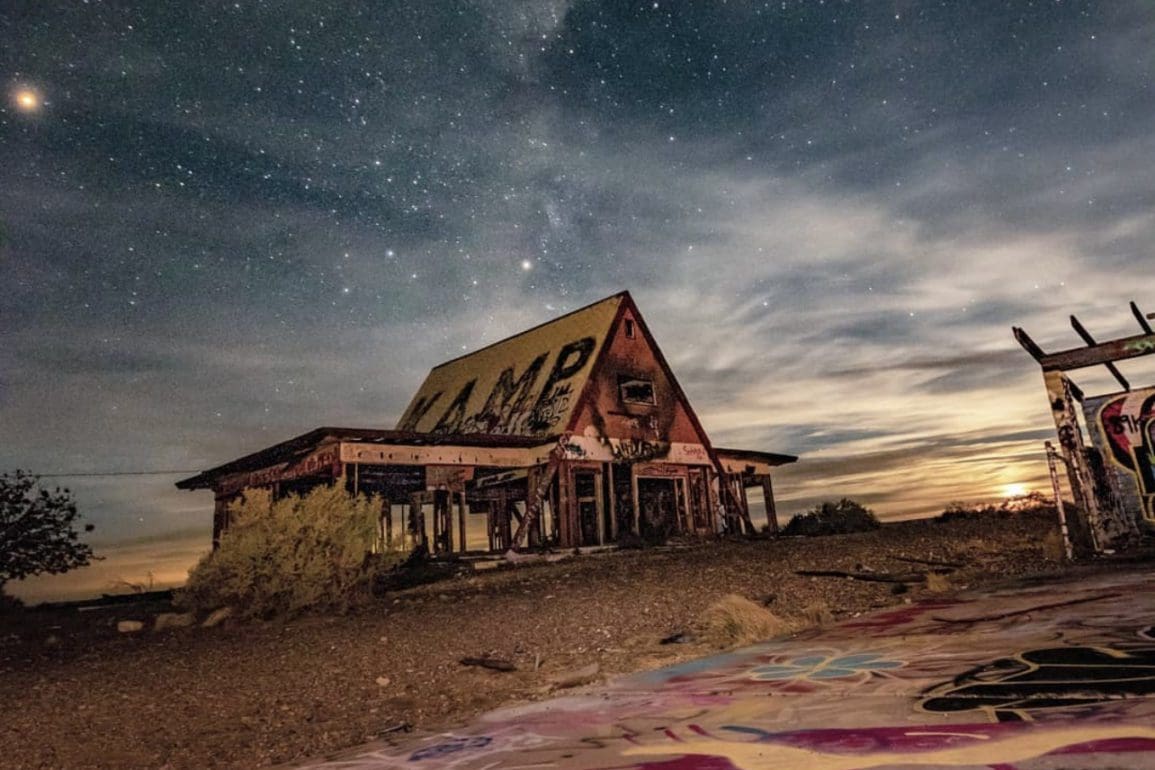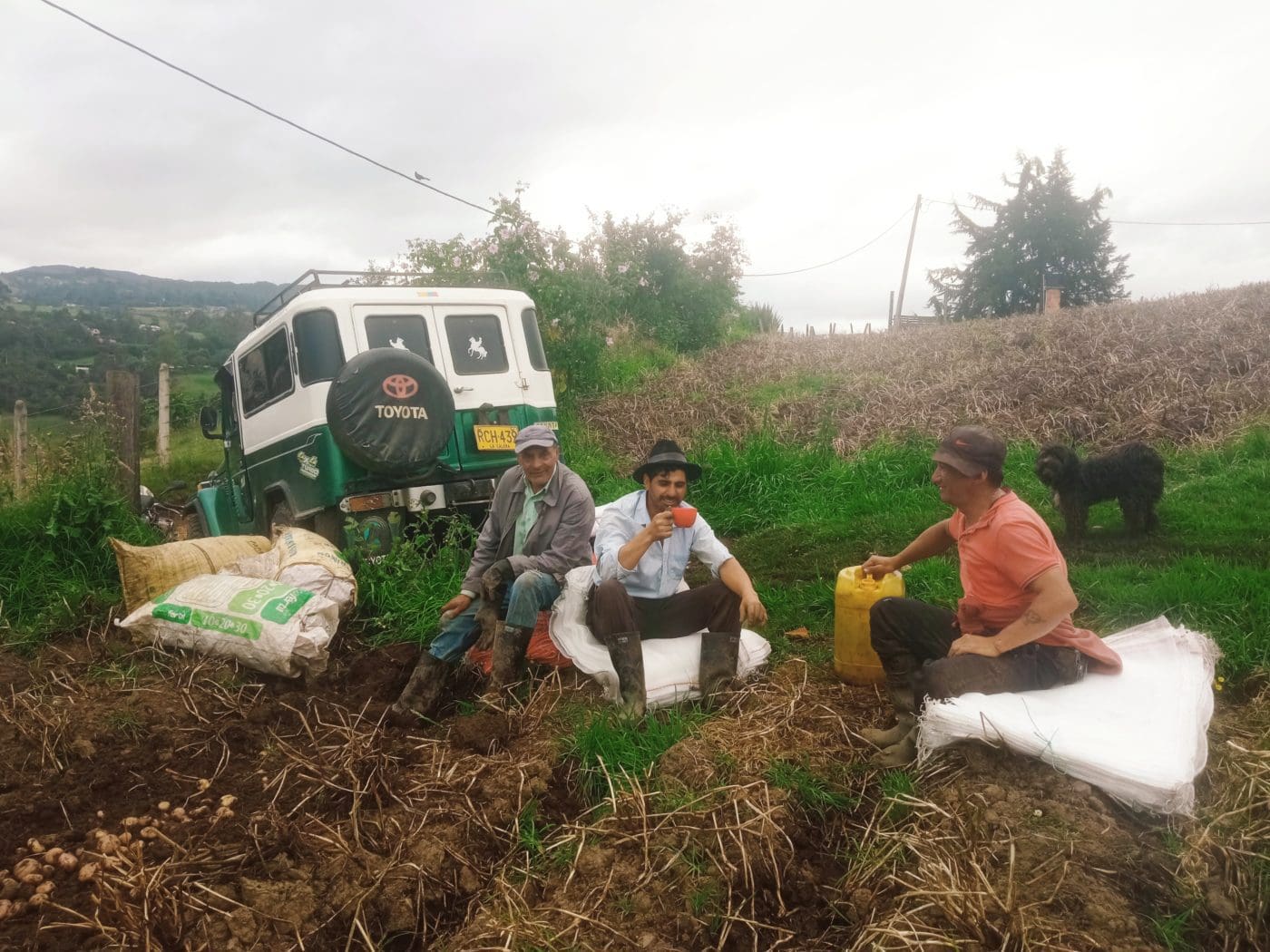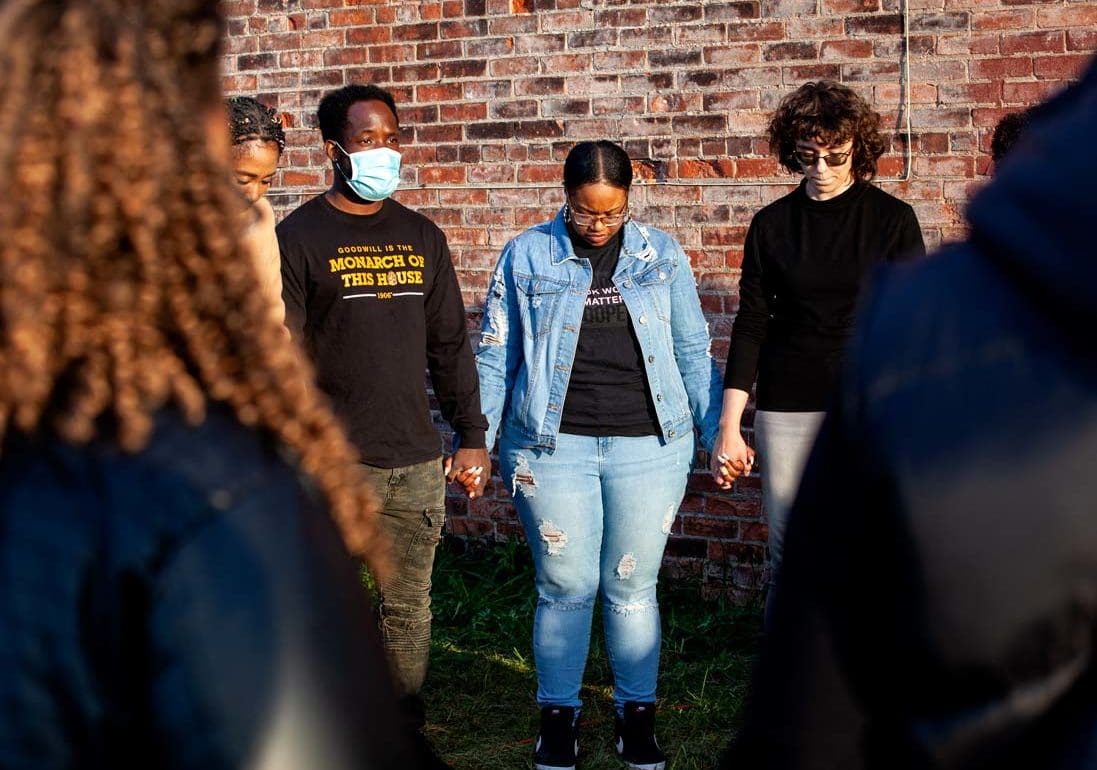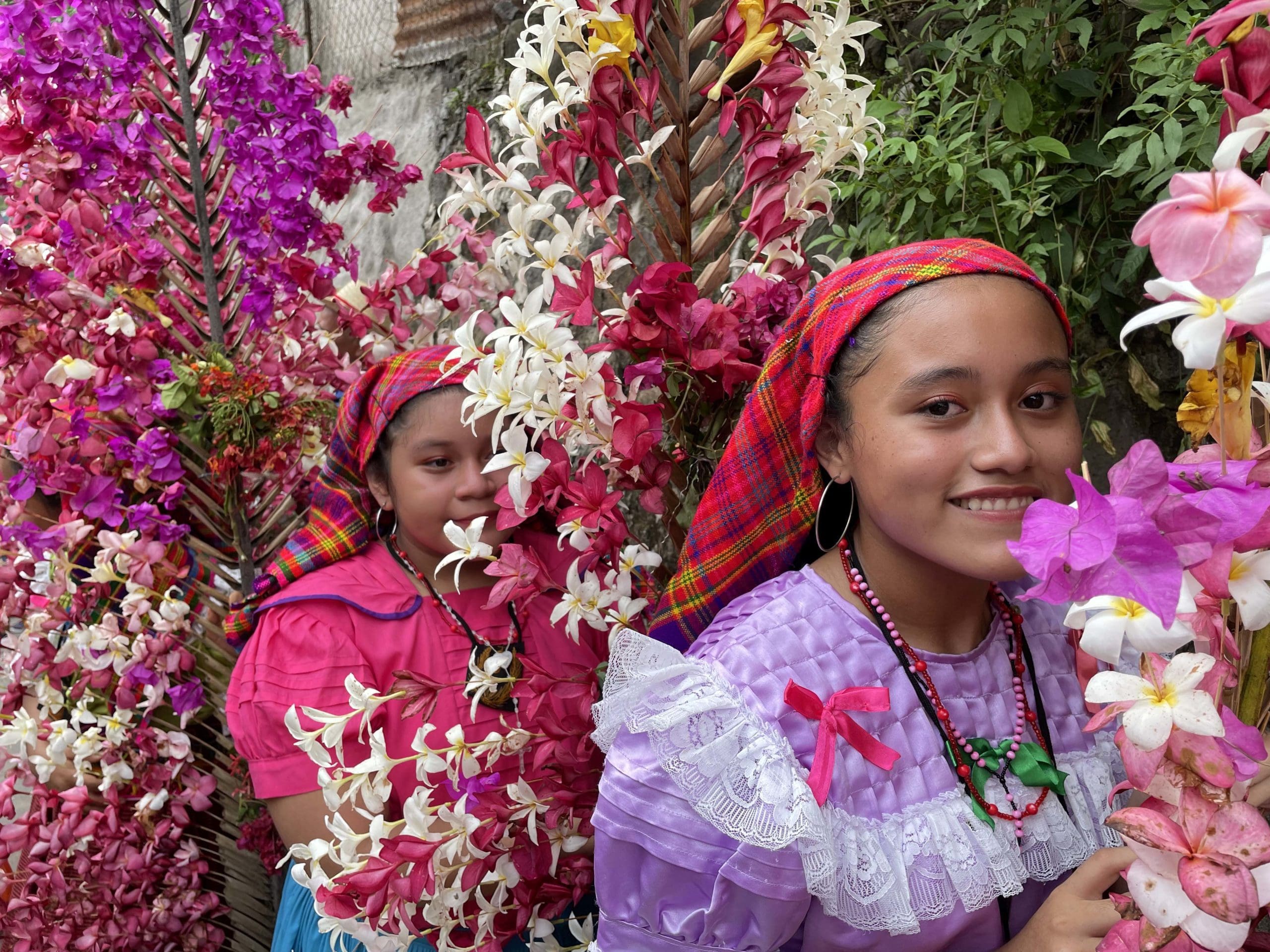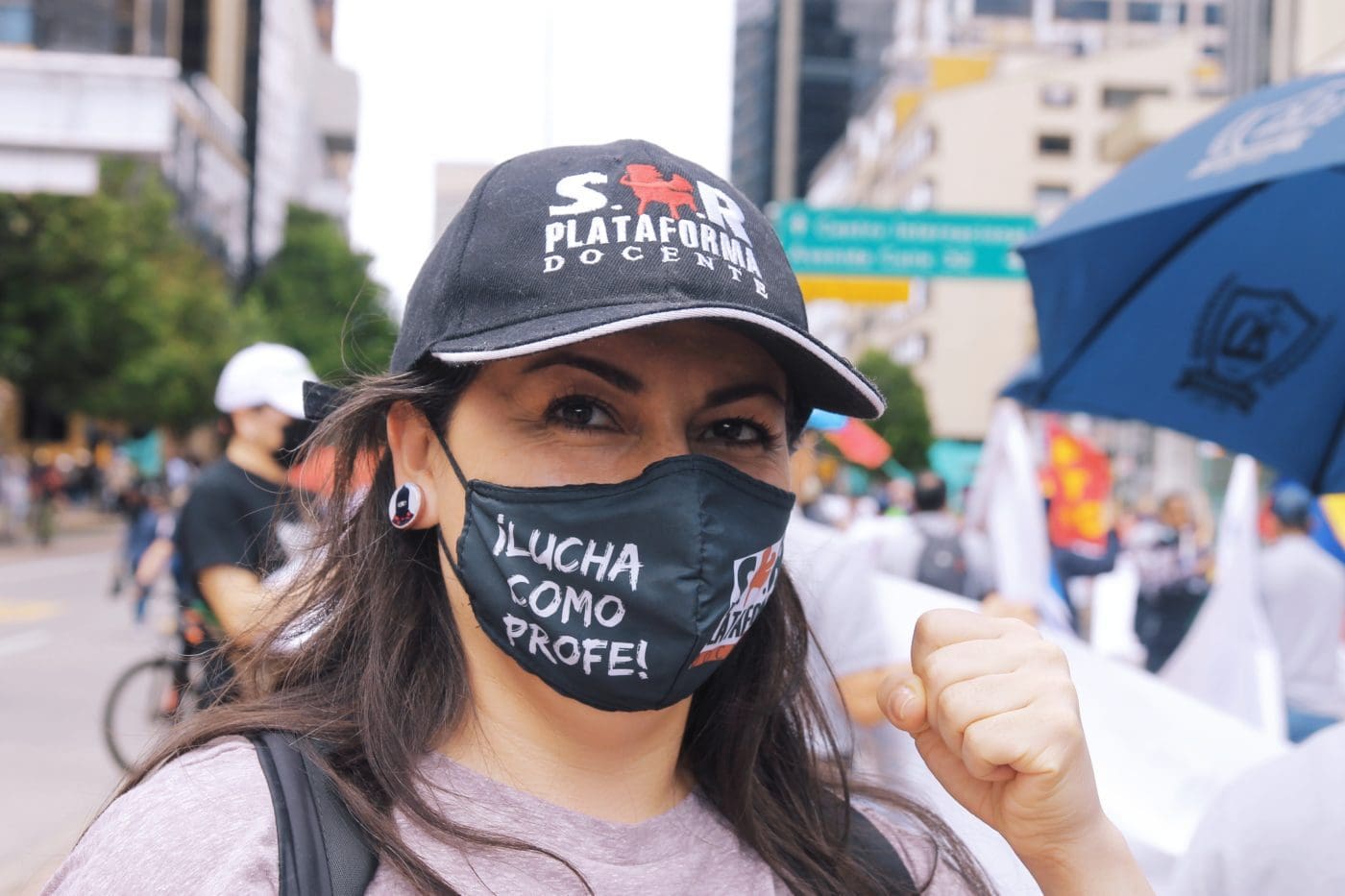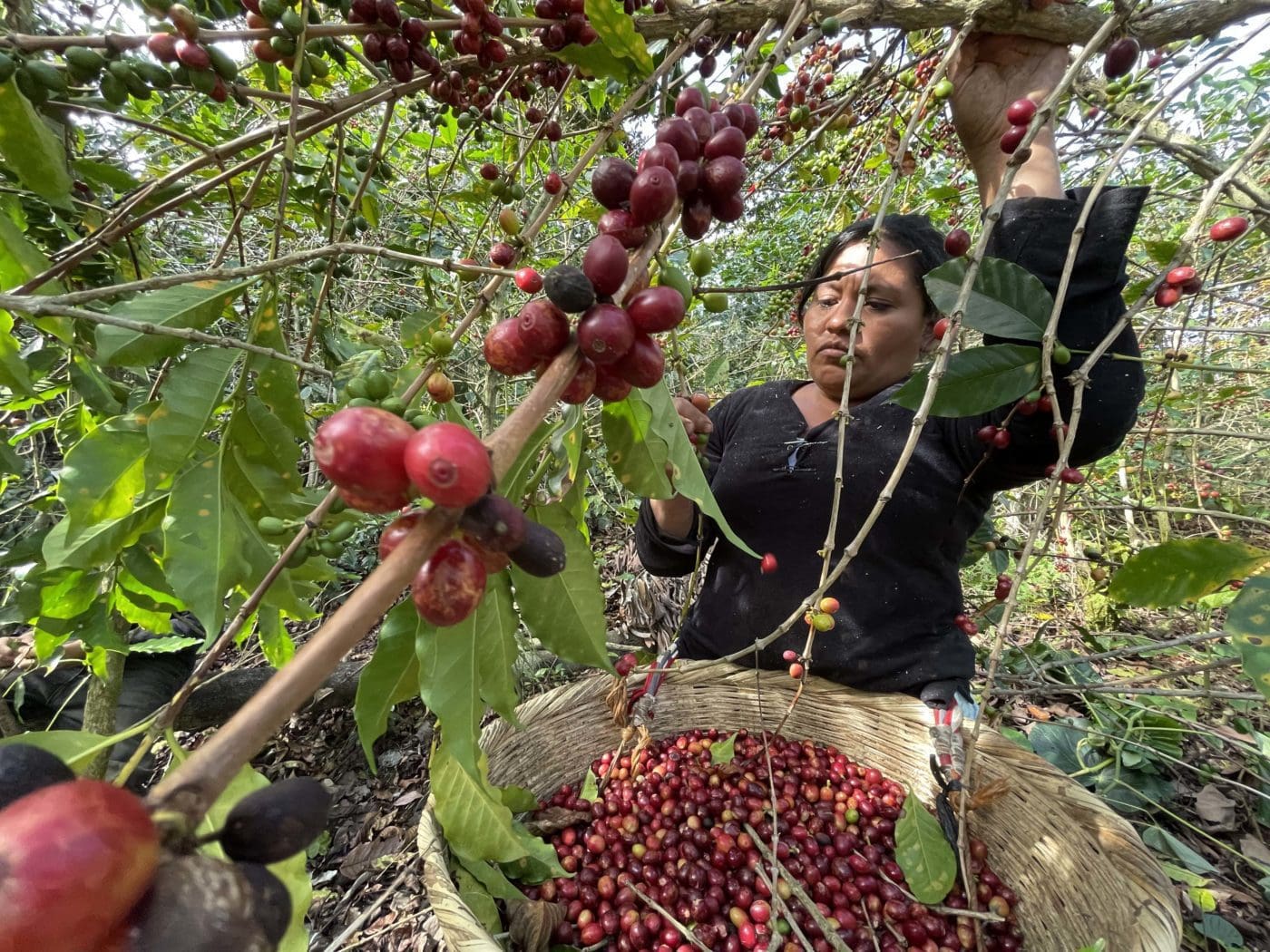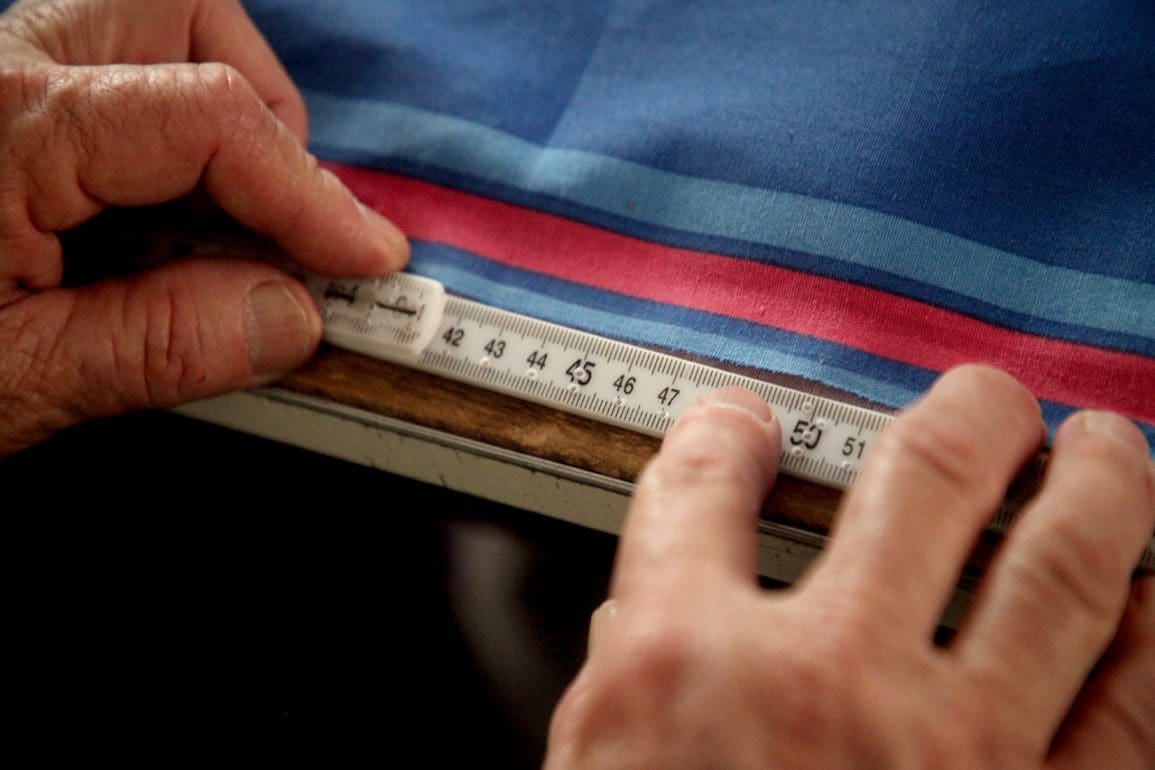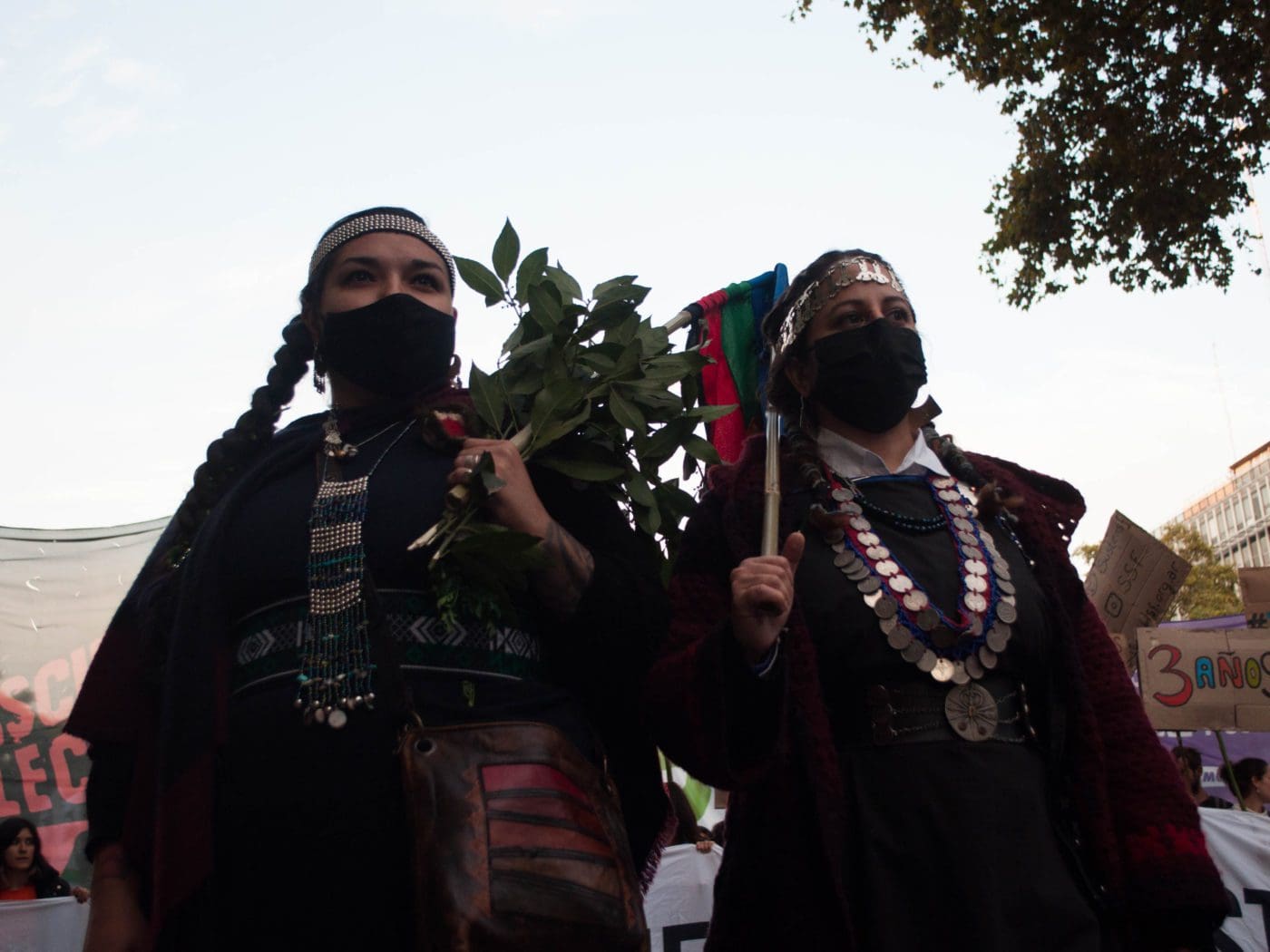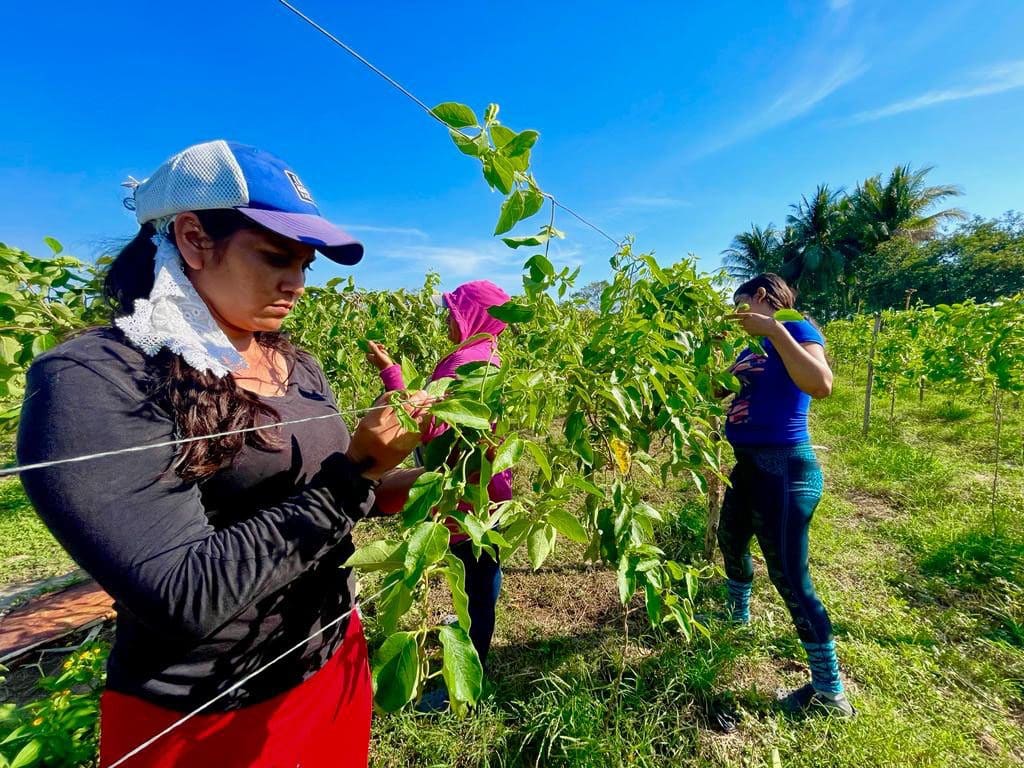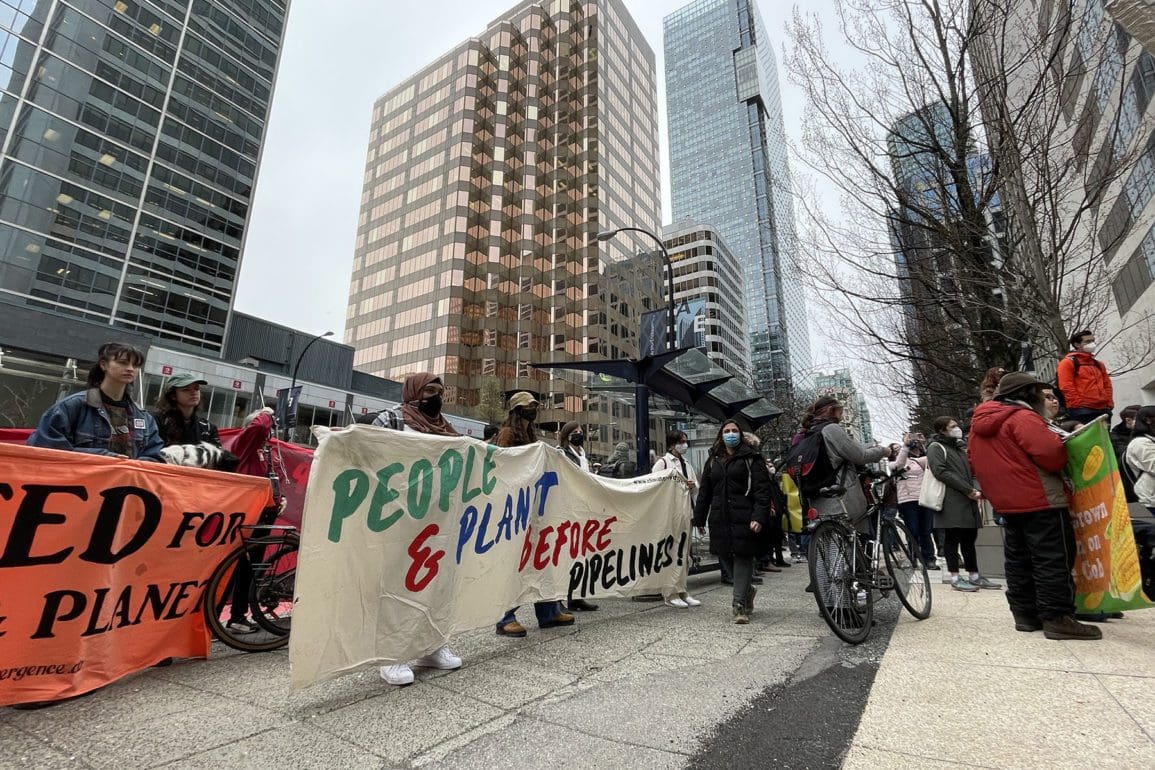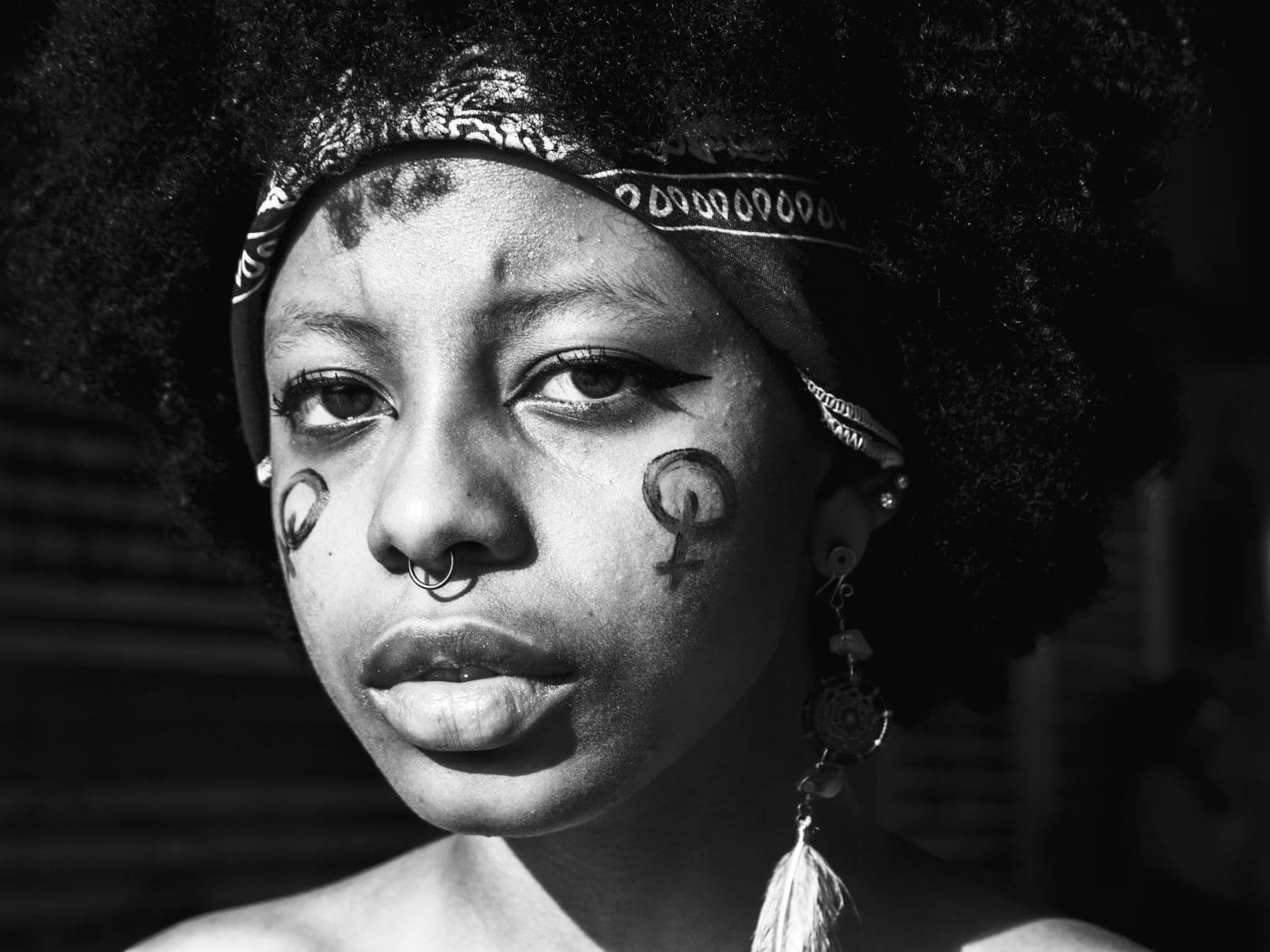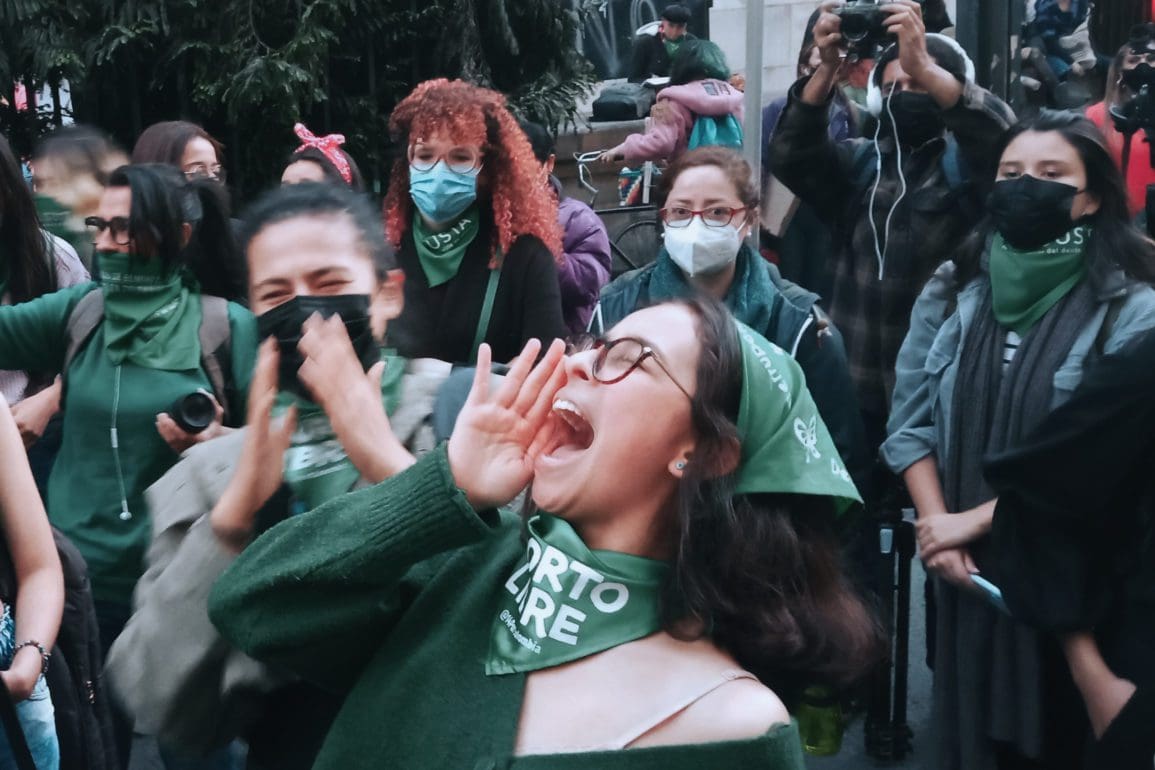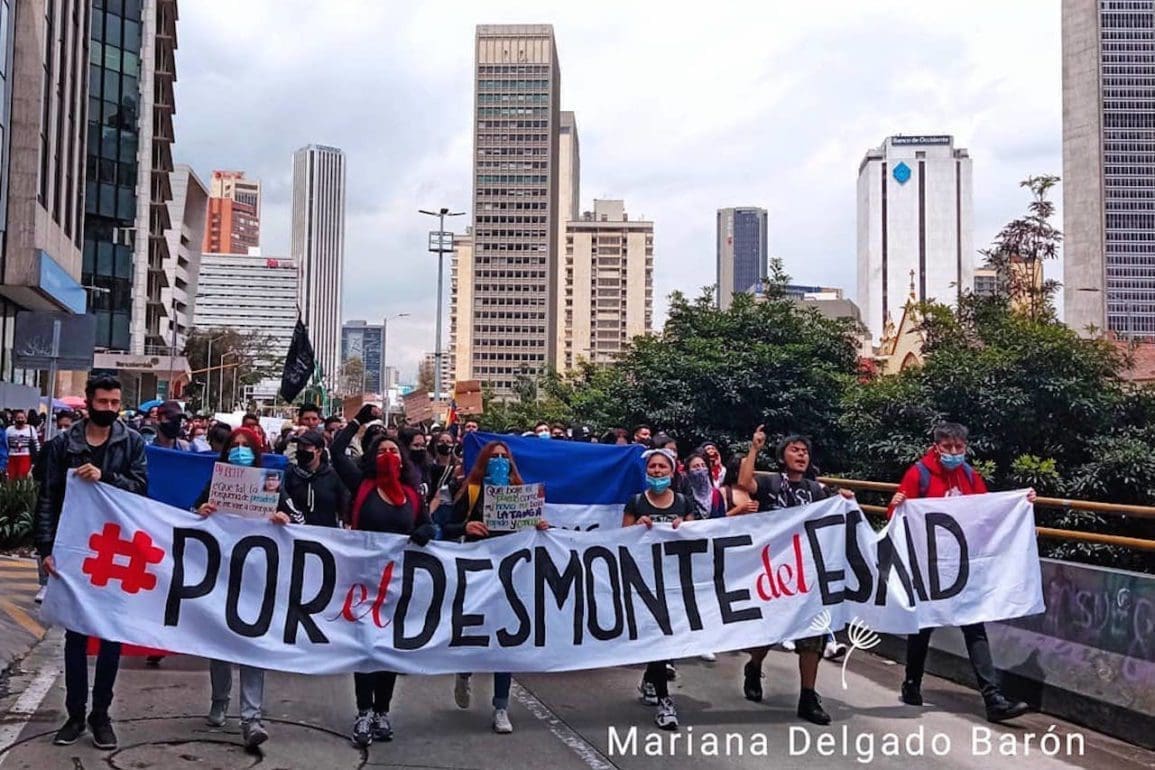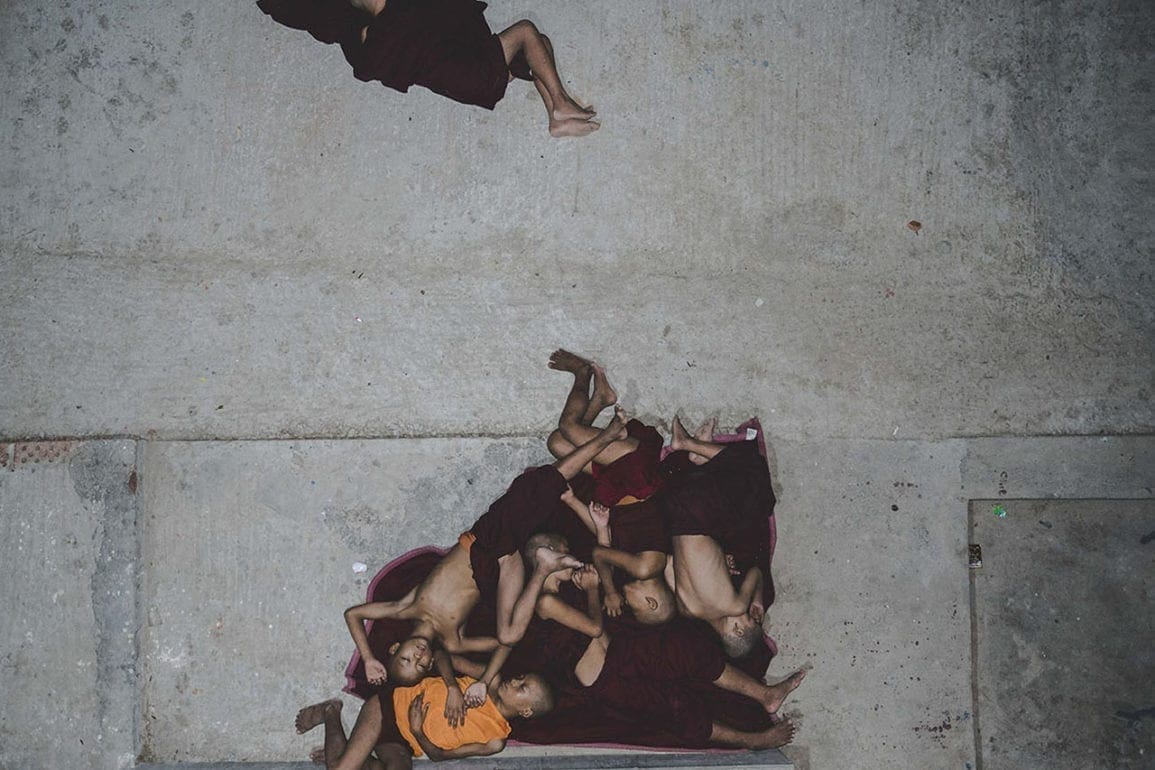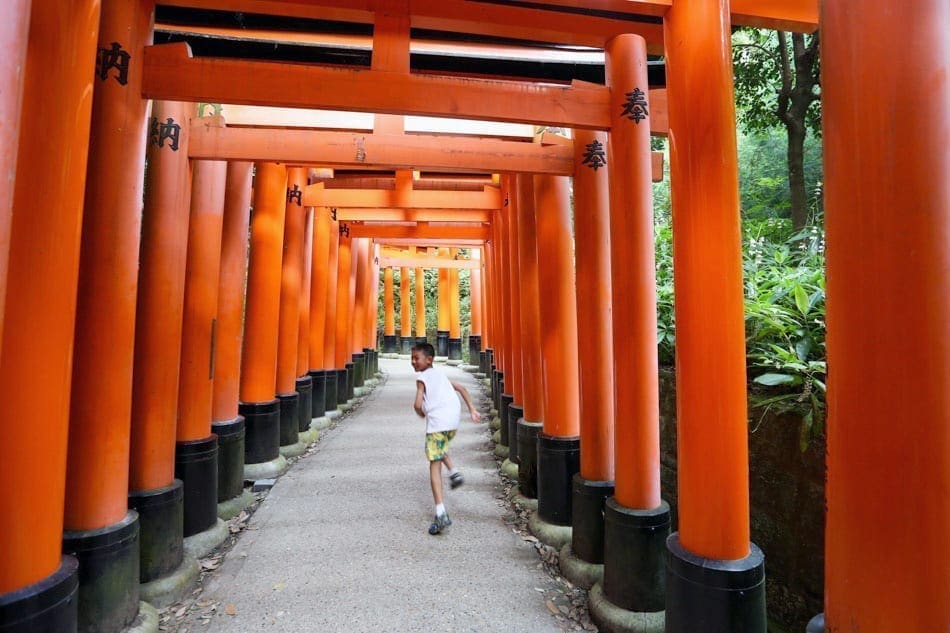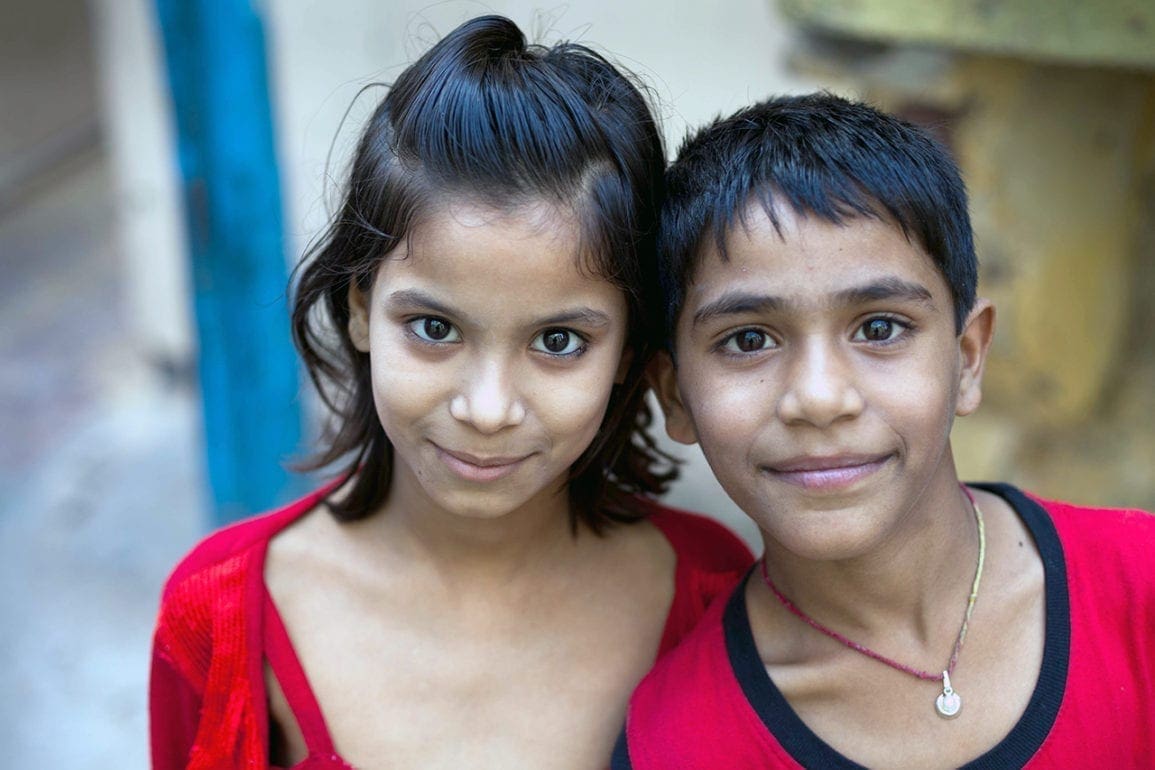‘Historic day for Argentine women’: Abortion legalized
This is our fight, that of brave women, those of us who dare to unite to go out to the streets to fight for our rights, which we have not had until now.
- 5 years ago
March 4, 2021
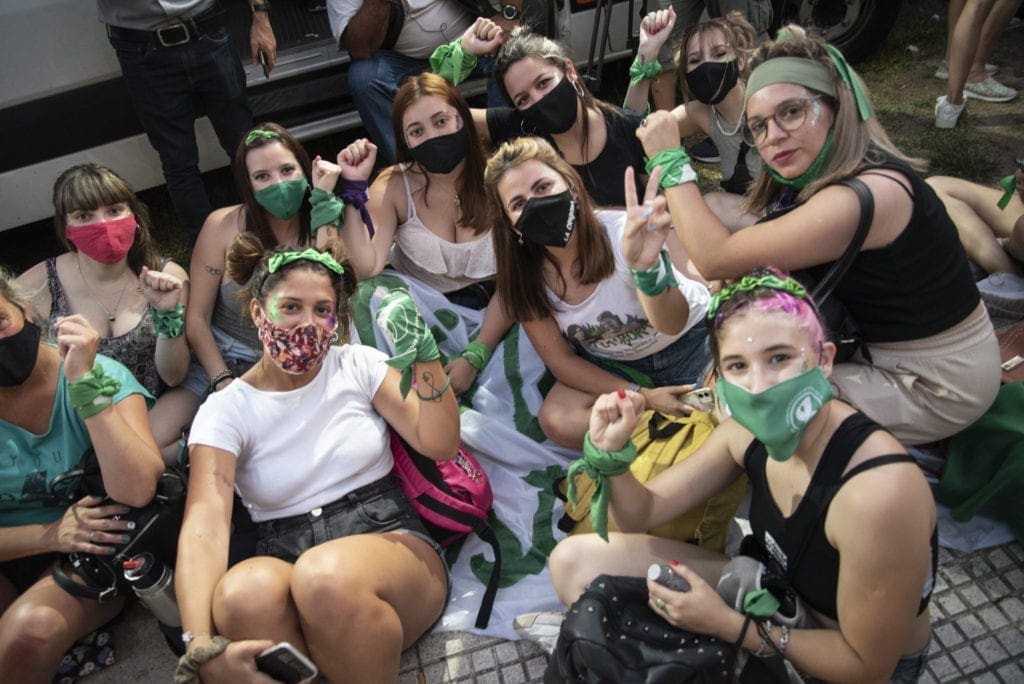
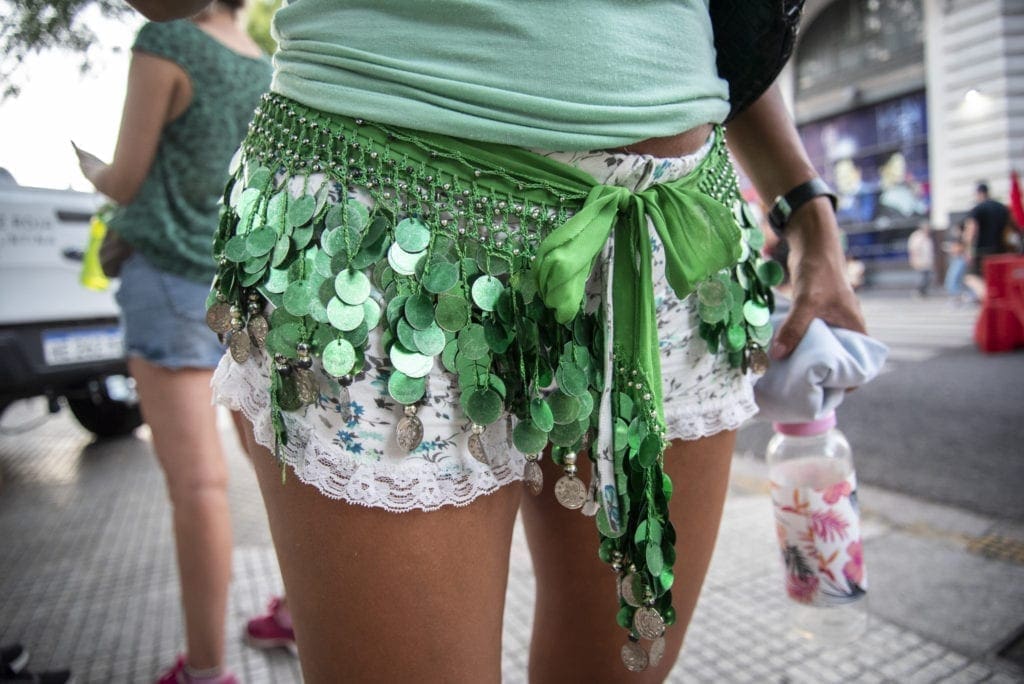
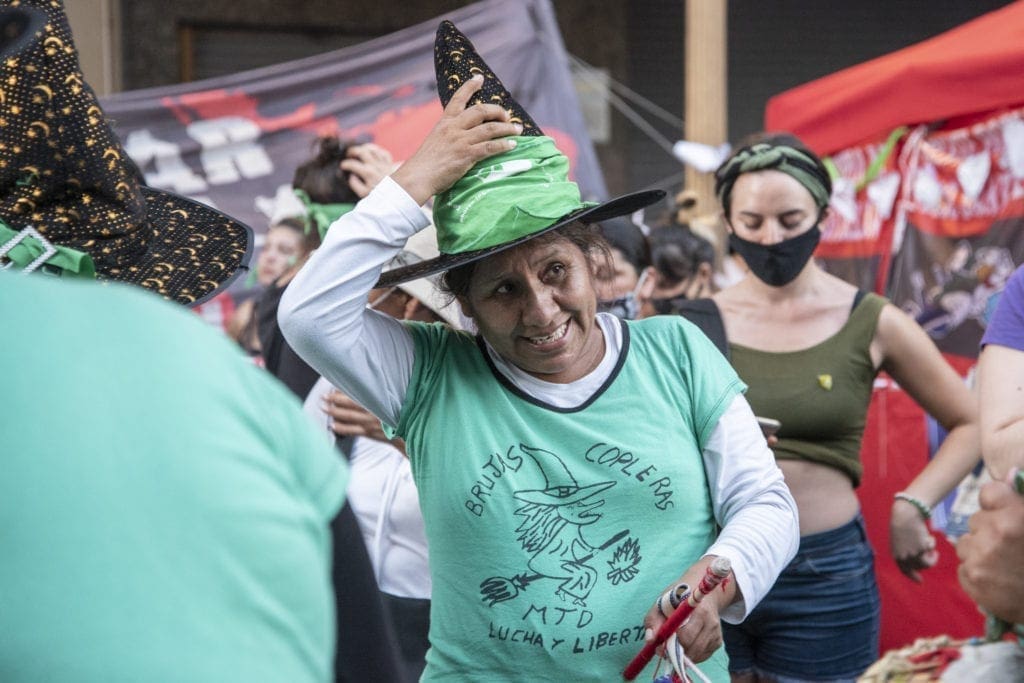
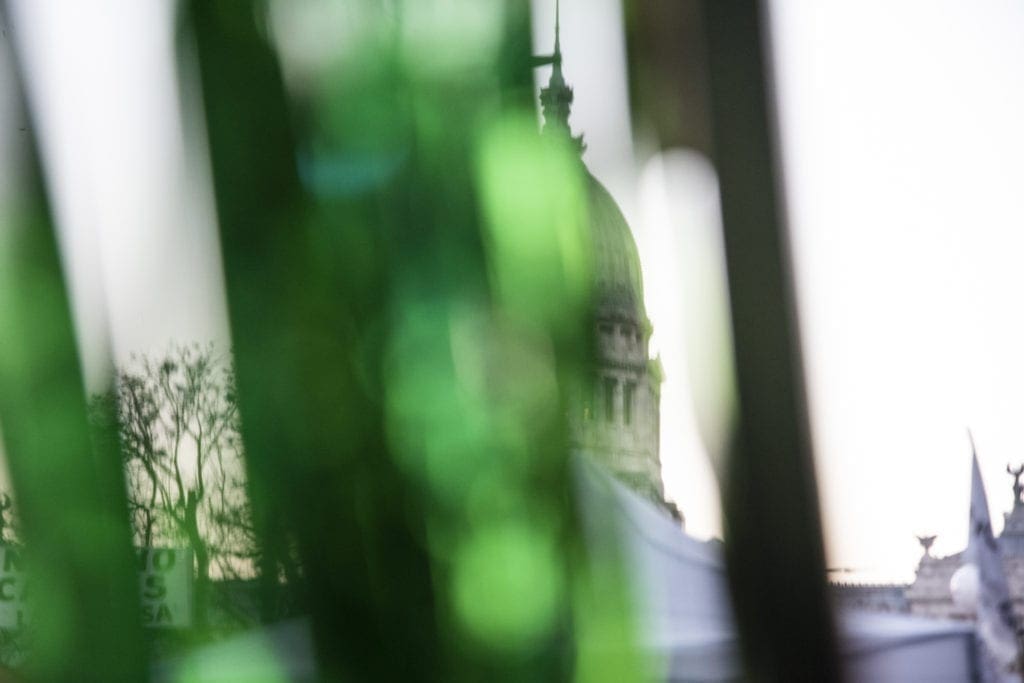
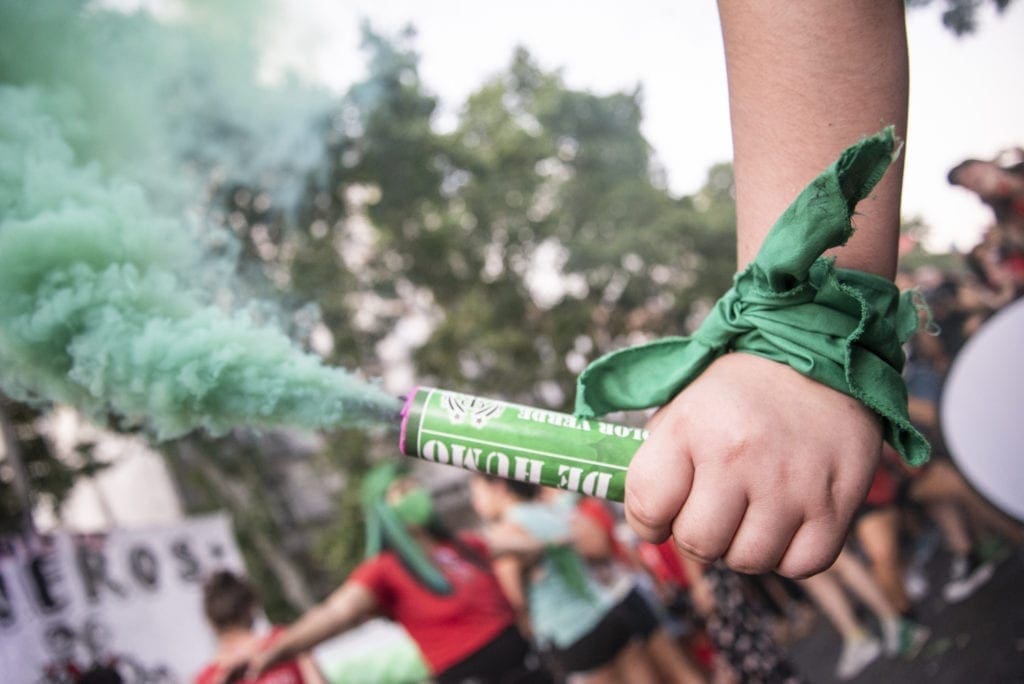
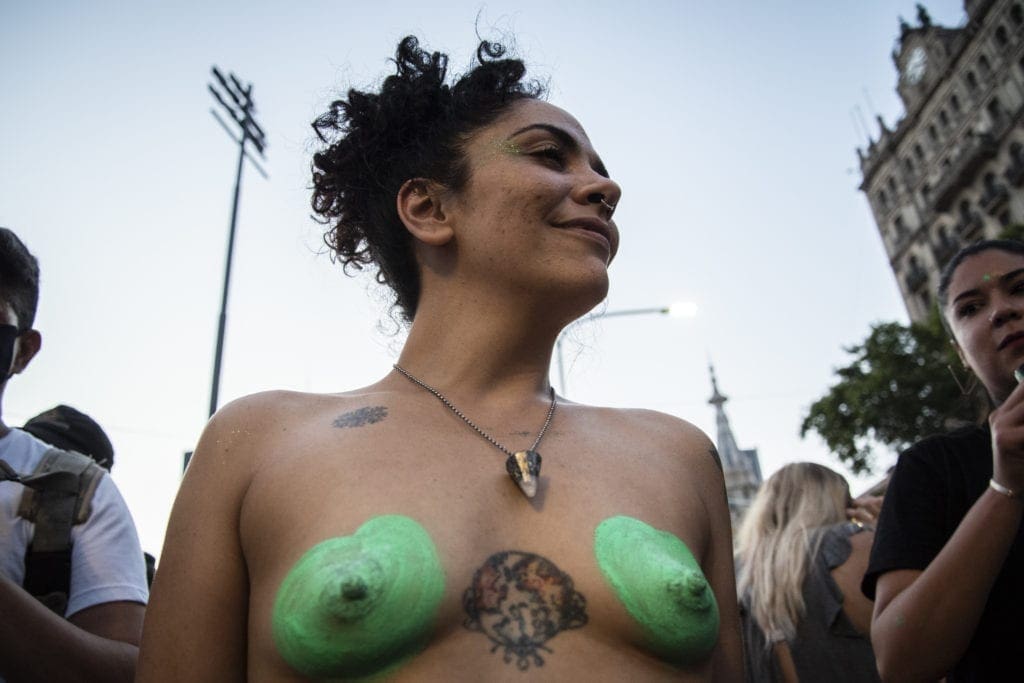
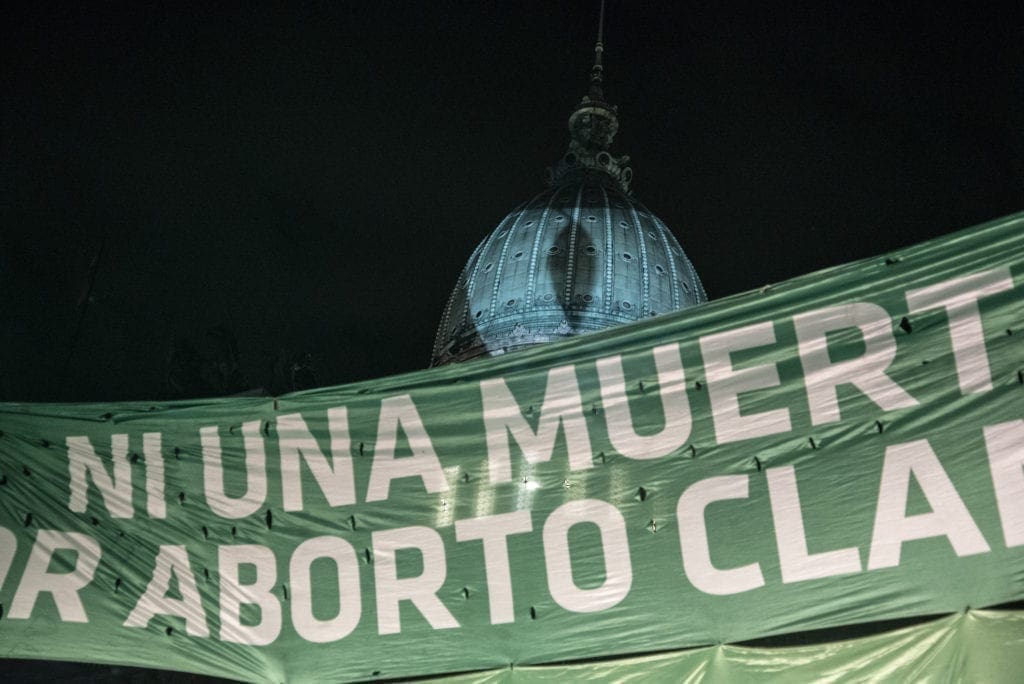
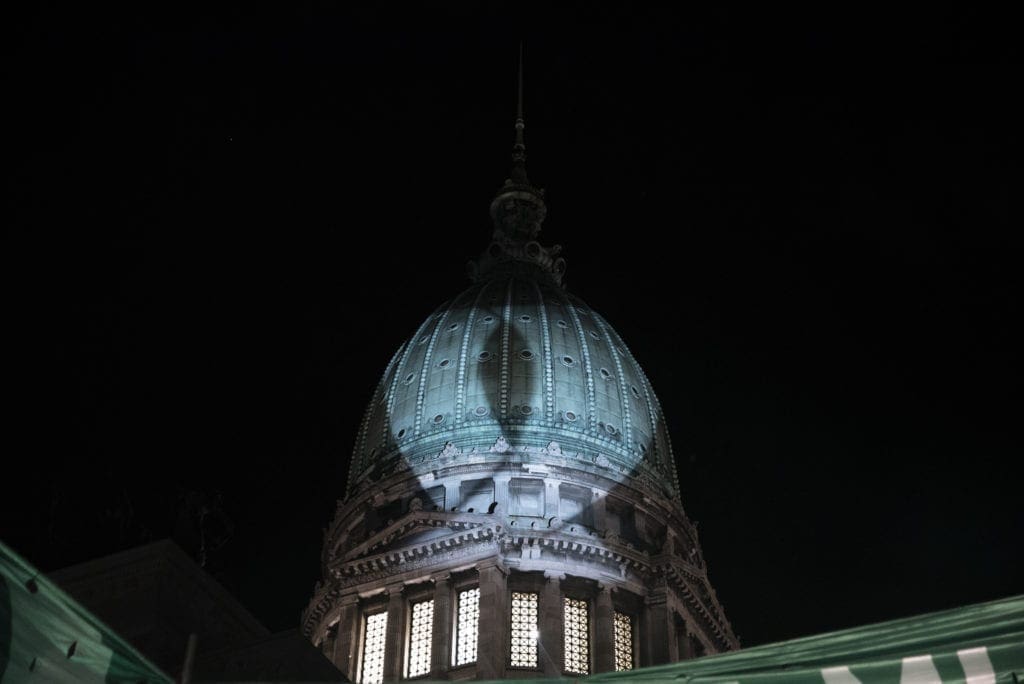
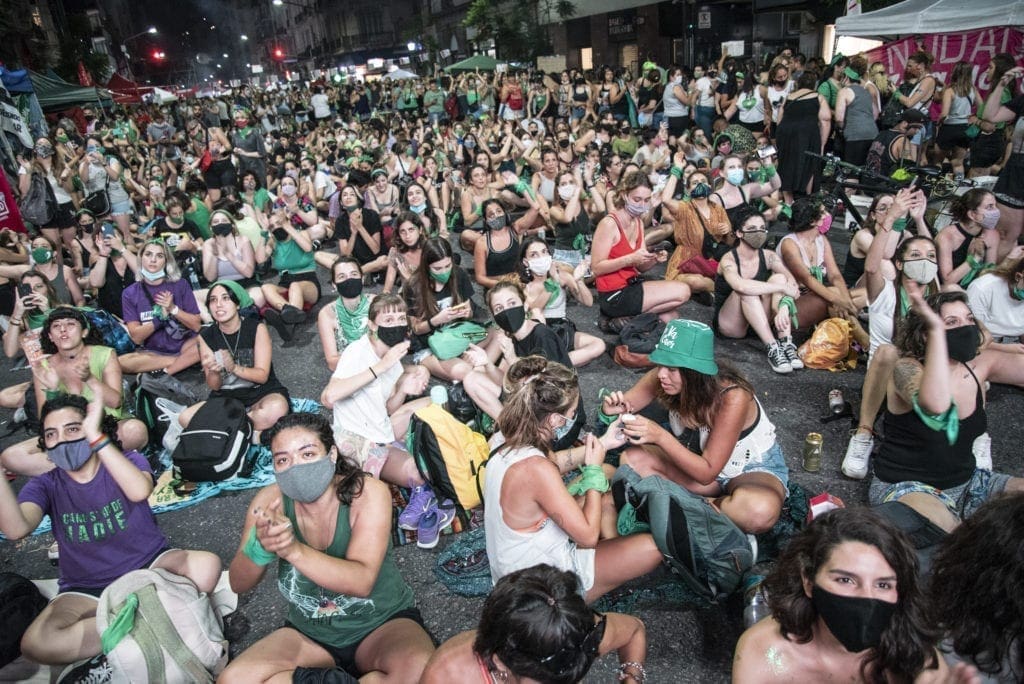
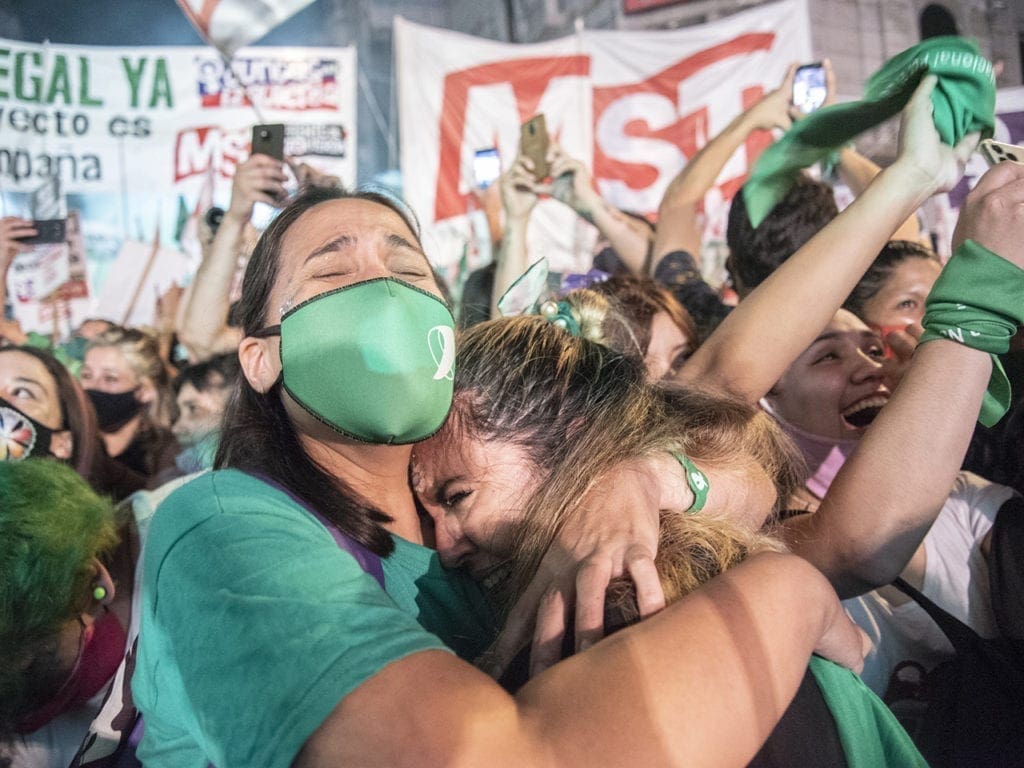
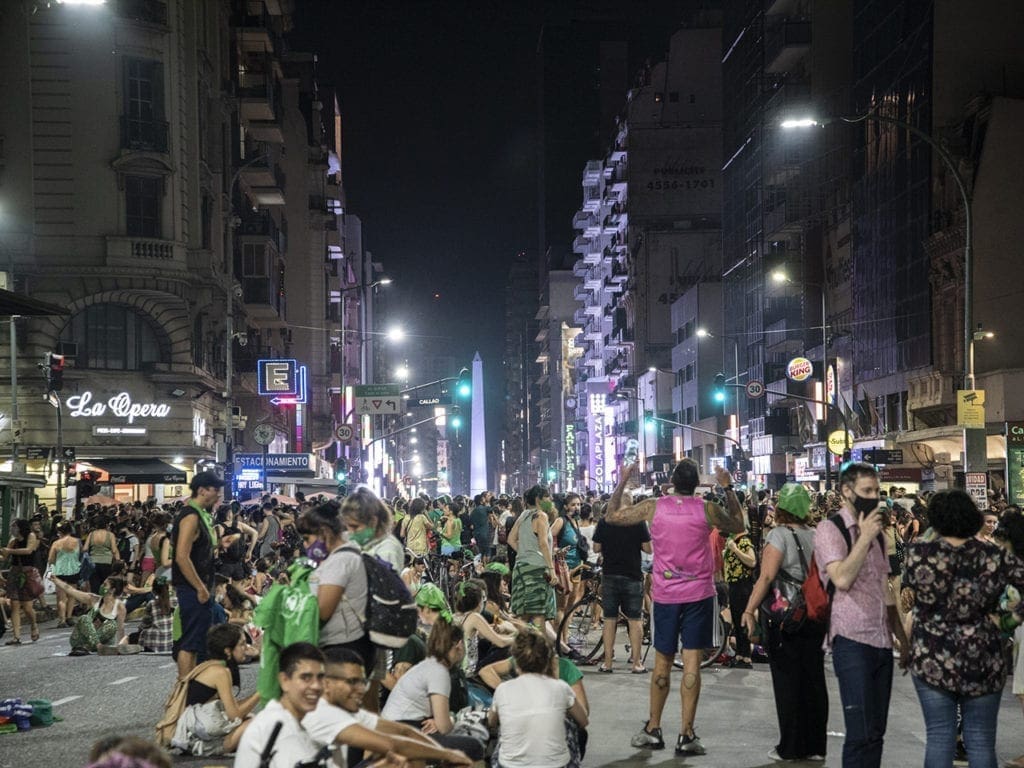
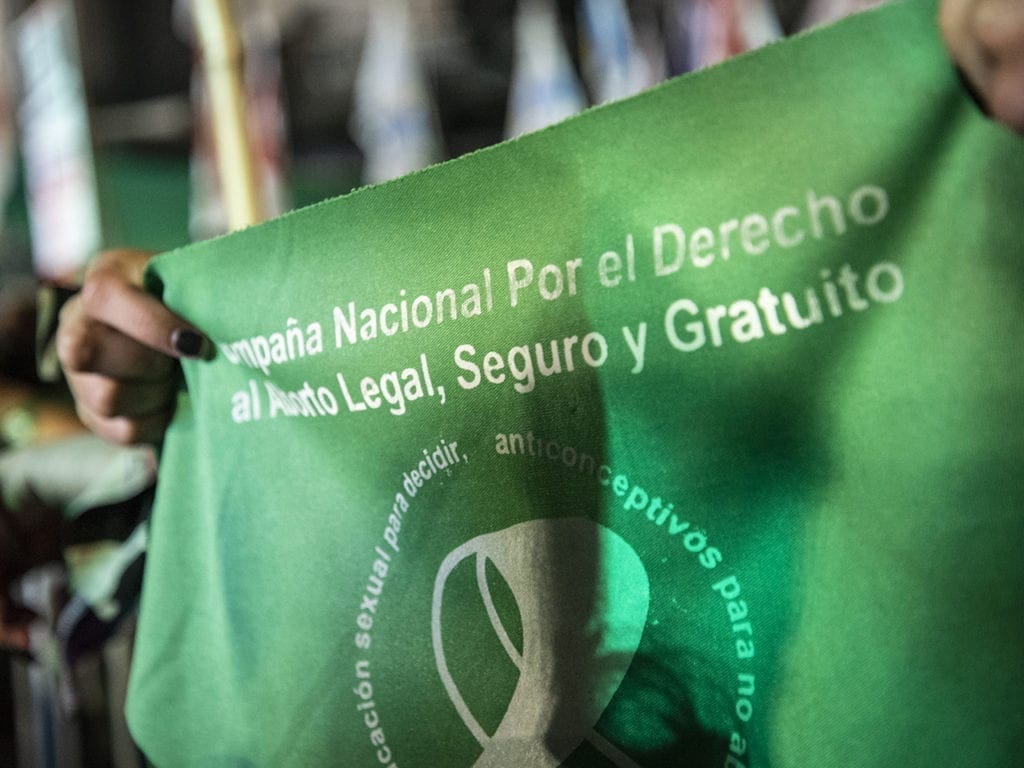
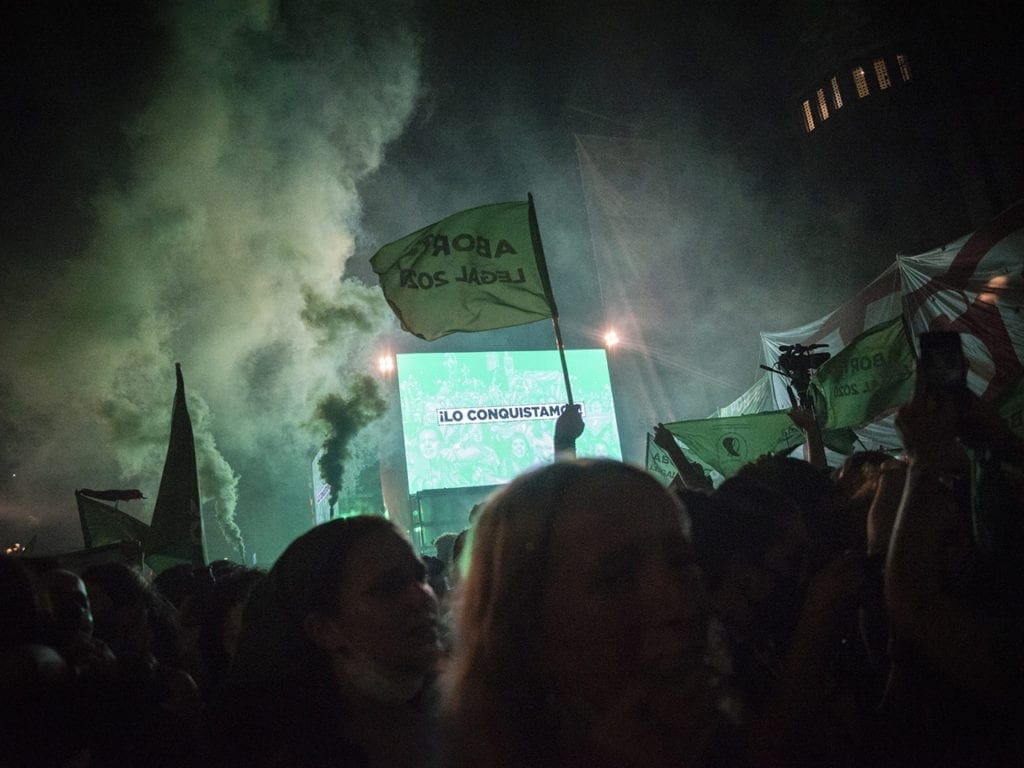
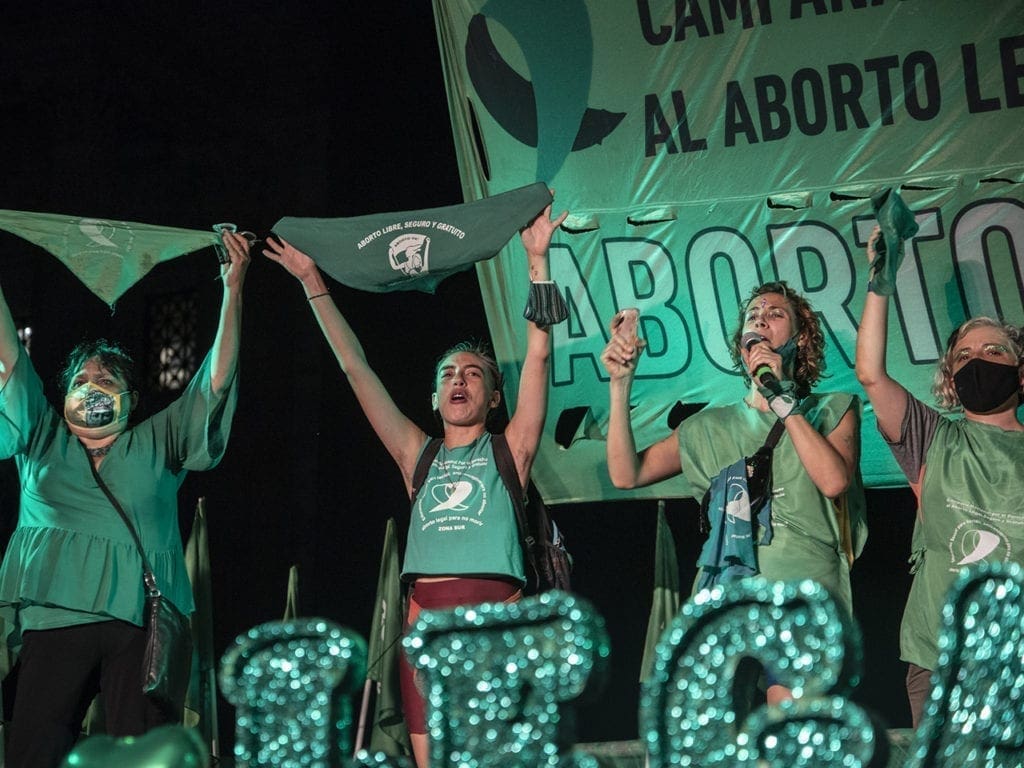

BUENOS AIRES, Argentina — I still struggle with the ghosts of my traumatic past.
Memories of a non-consensual sexual relationship haunt me. I was very young and alone.
I had an abortion in secret because, at the time, it was illegal in Argentina. It was the most painful thing I ever experienced.
It’s a fate I wouldn’t wish upon anyone.
That’s why, on Dec. 30, 2020, I couldn’t miss the celebration for the legalization of abortion in our National Congress.
This is our fight: that of brave women, those of us who dare to unite to go out to the streets to fight for our rights.
In addition to the legalization of abortion, we fight against patriarchy and unequal power.
It was a historic day for Argentine women.
My reason
I am Andrea López, and I am 30 years old.
With my three-month-old baby in hand and two friends by my side, I marched towards congress to support the senate in approving the abortion law. My son was happy in my arms without understanding everything that was happening around him.
At times, I want to go back to his age.
The way to the Congress
Goosebumps covered my skin as I saw so many excited women before congress fighting for our shared purpose.
The people were clad in green—the color that represents our struggle—and violet—the color of feminism. The colors were shown on our scarves, headbands, T-shirts, makeup, and flares.
As a party invaded the center of Buenos Aires, we were all celebrating what would be the approval of the abortion law in Argentina.
People of all ages gathered in one voice, without violence, and full of love. At the heart of the tide were young women between 15 and 45-years-old.
The air was awash with sensation: a mixture of anxiety, contained joy, uncertainty. And, at the same time, a halo of hope shone in our faces.
Many were sitting. Most were talking to each other or singing.
Some people danced to the rhythm of cumbia, rock, or electronic music. We had a long day ahead of us.
This movement, made up of colleagues from across the country, was the result of many years.
We say that legal abortion is life—the life of those women who died during a clandestine abortion. They are the emblem of our struggle.
The anticipated ending
As the night wore on, the temperature dropped and I could feel an icy breeze.
Some girls walked so as not to freeze. Others improvised bonfires that attracted more people into the heart of the debate. The smell of smoke filled the air.
It was already dawn, and people began to grow weary.
But, deep down, we all felt that the law would finally become official.
Some lay on the asphalt waiting for the final decision. Others listened attentively to the speeches broadcast live. Those most prepared had brought chairs.
The uncertainty, anxiety, and hope prevailed until the final moment.
Suddenly, the green tide rose like a tornado of joy. The dome of congress disappeared behind a sea of green smoke. It was all green. Everything was green.
We cried; we hugged, and we sang.
For more than 30 years, women fought for their rights. On the streets, they dared to be the protagonists of change and to sign this new page in history.
I, for one, fight so that no one has to go through the hell that I went through.
It was 4 a.m. when the senate had passed the law. We had won—women had won.
Argentina had won.






